OPEN Annual Conference: Faculty Testimonial
Faculty talk about finding their community and why attending VentureWell’s OPEN Annual Conference is important to them. Learn more about OPEN: https://venturewell.org/open/
Faculty talk about finding their community and why attending VentureWell’s OPEN Annual Conference is important to them. Learn more about OPEN: https://venturewell.org/open/
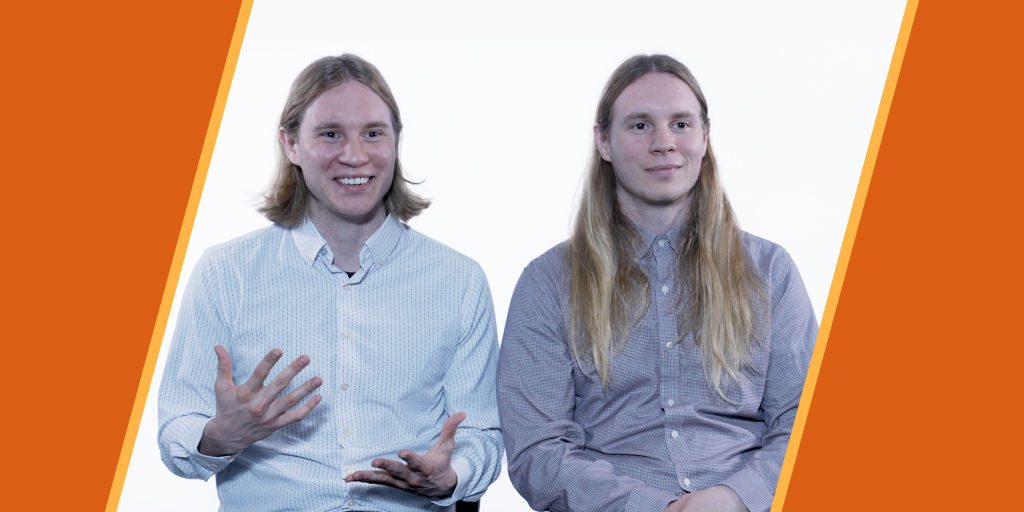
T33 Dental Co-Founders Daniel Lundberg and David Lundberg explain why they built sustainability into their medtech company.

These are the three critical phases in the life-cycle of an invention where environmental impact should be considered.

Helix Steel created technology that is both stronger than traditional rebar concrete and less carbon- and labor-intensive to produce.
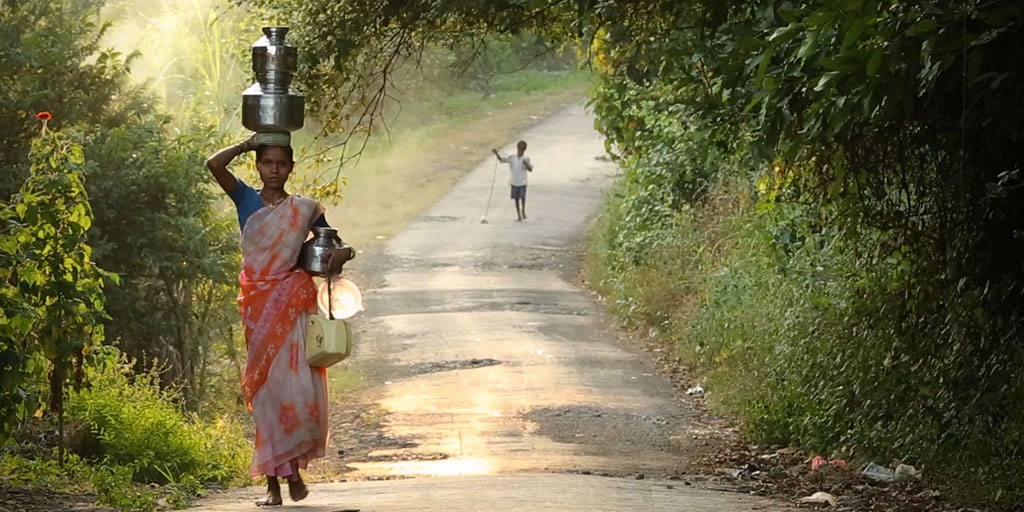
Promethean Power Systems invented refrigeration systems for cold-storage applications in off-grid and partially electrified areas of developing countries, enabling food suppliers to store perishable food items without the need for diesel-powered generators.
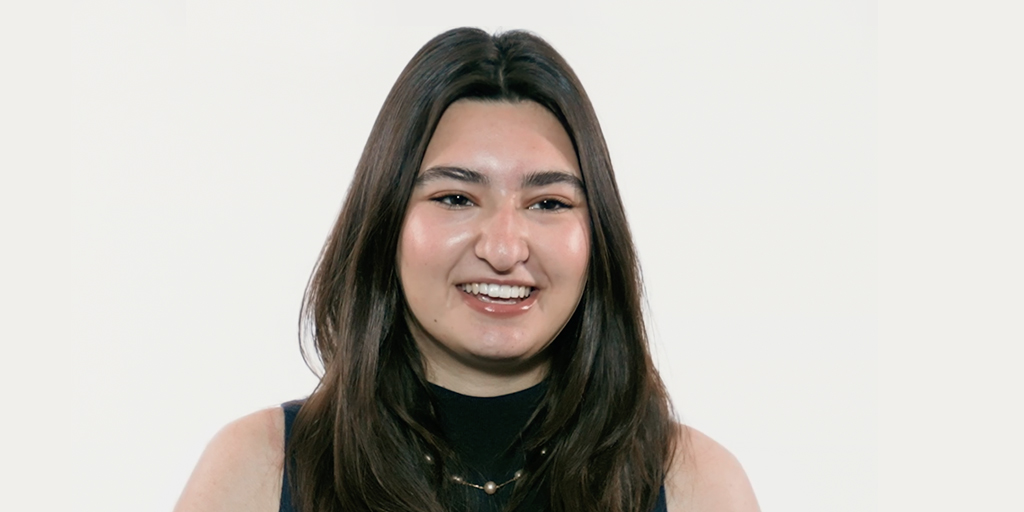
U-Care Co-Founder Diana Salha discusses how critical feedback helped advance her medtech innovation.
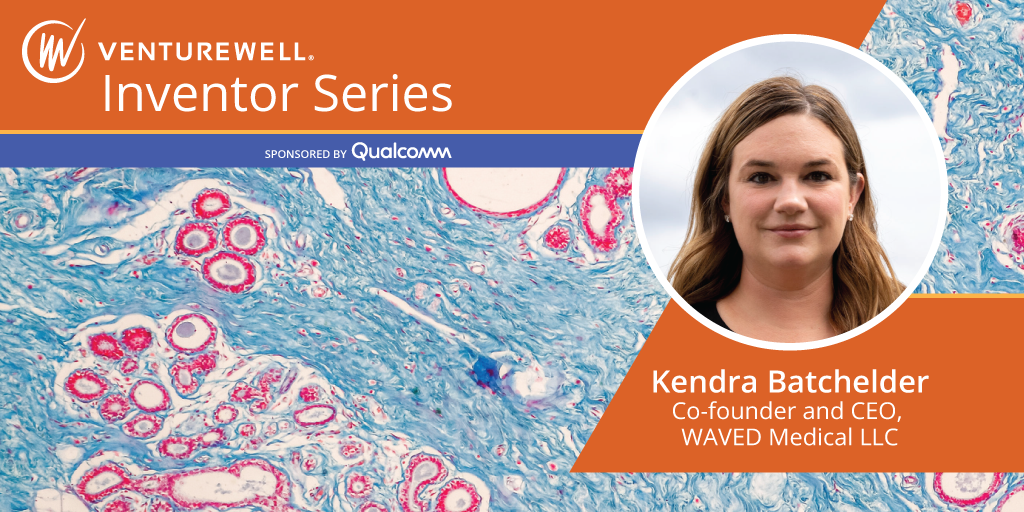
WAVED Medical’s Kendra Batchelder shares how the Qualcomm Innovator Stipend Program helped her secure intellectual property rights.
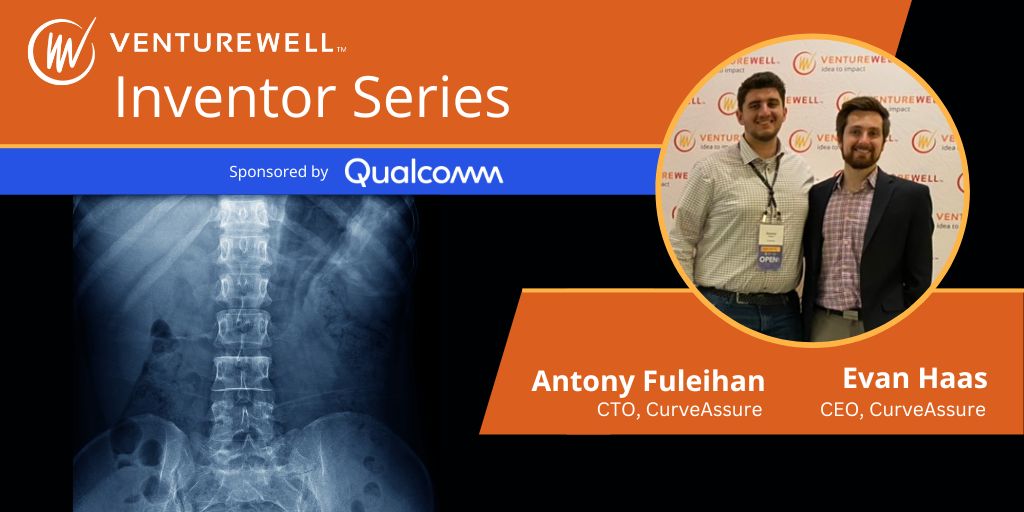
The CurveAssure co-founders share how Qualcomm’s Innovator Stipend Program helped them file their first provisional patent.
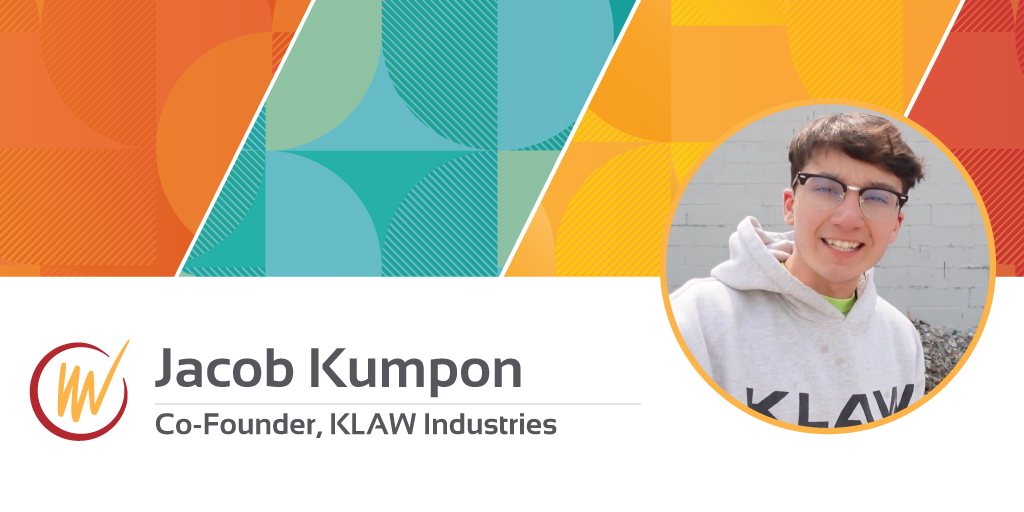
The co-founder of KLAW Industries discusses his journey as an entrepreneur with the support of the E-Team Program.
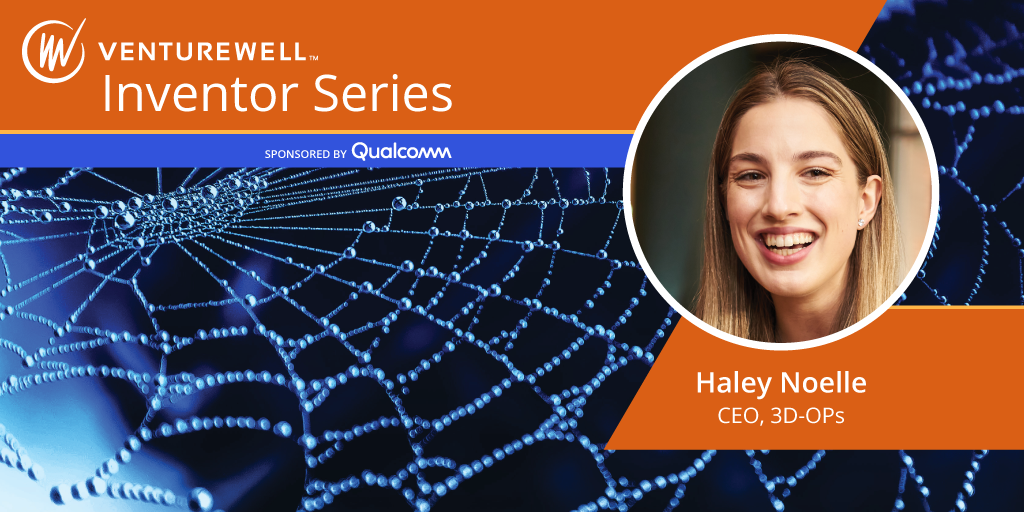
Haley Noelle has been hard at work developing a big idea: using spider silk as an adhesive to repair severe tissue injuries.️
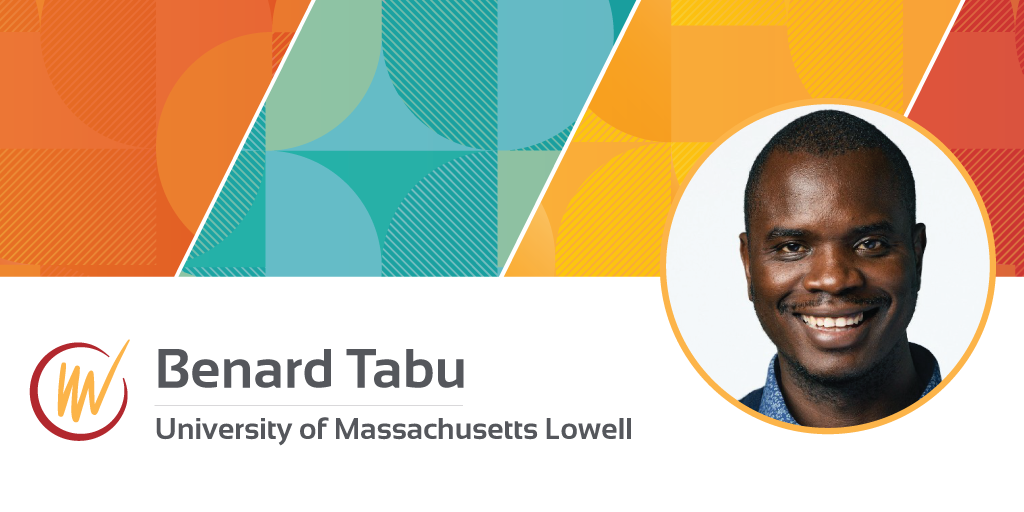
Benard Tabu of University of Massachusetts Lowell discusses Green Fertilizer, which is developing a system that produces nitrogen fertilizer from air and water and delivers it on-demand to crops.
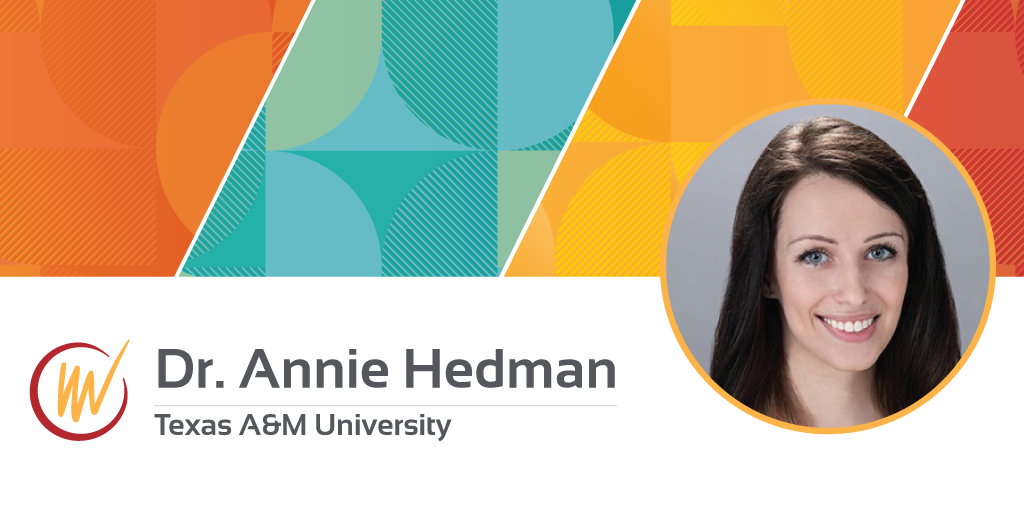
Dr. Annie Hedman of Texas A&M University discusses her venture CVPath Surgical and VentureWell’s support.
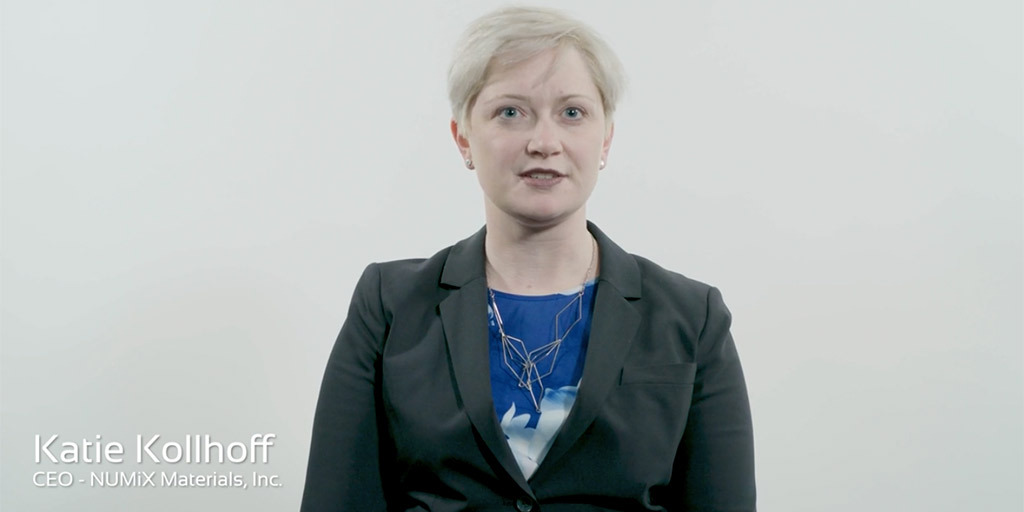
Katie Kollhoff, CEO of NUMiX Materials, shares how support from VentureWell's E-Team Grant Program helped her team gain an in-depth understanding of the business model canvas.
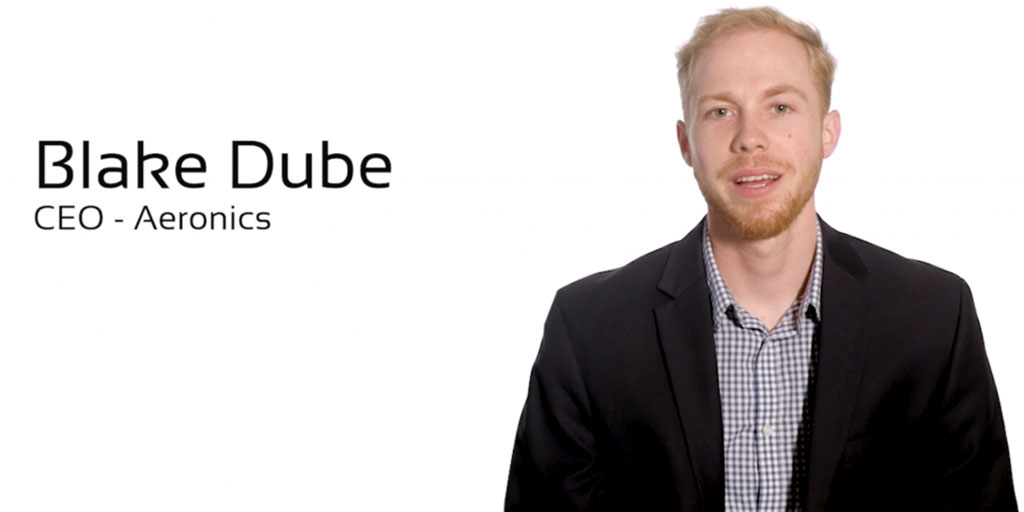
Blake Dube, CEO of Aeronics, and Mark Spitz, COO of Aeronics, share how VentureWell's E-Team Program helped them challenge their early assumptions and discover a new product market fit as they explored new ways to commercialize their technology.
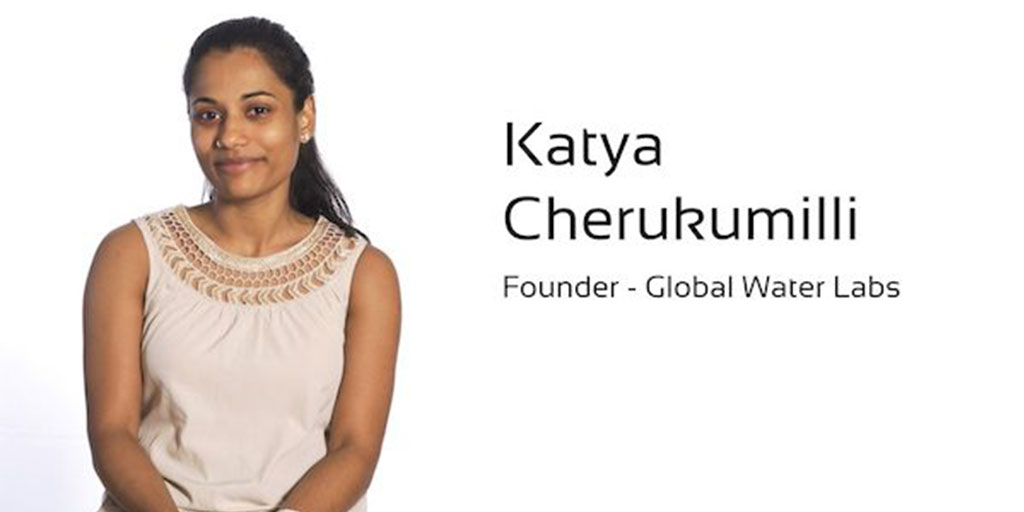
Katya Cherukumilli, founder of Global Water Labs, share how VentureWell's E-Team Program helped her navigate a business model shift and jumpstart fundraising efforts.
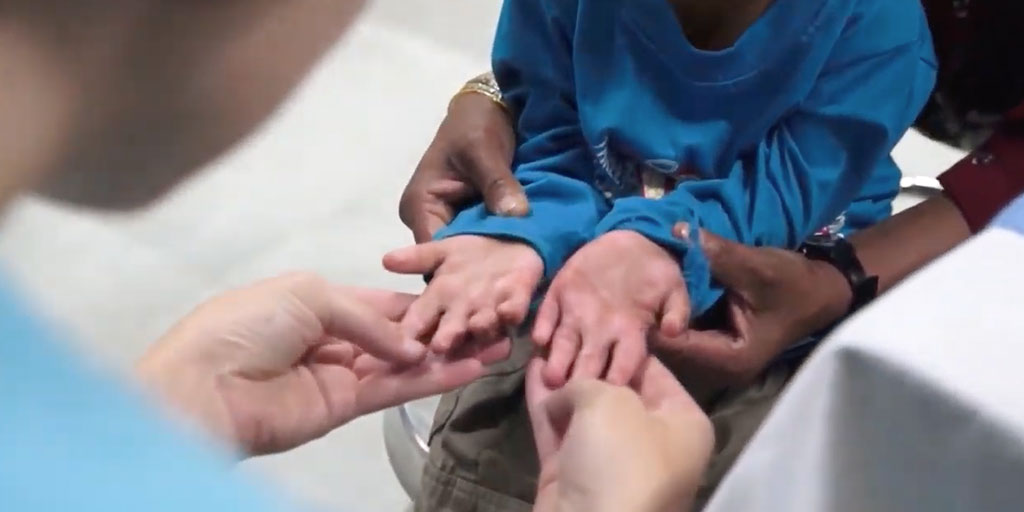
Kimberly Souza, co-creator of HandHero, shares how VentureWell's E-Team Program helped her develop a sustainable business model to maximize the impact of her invention.
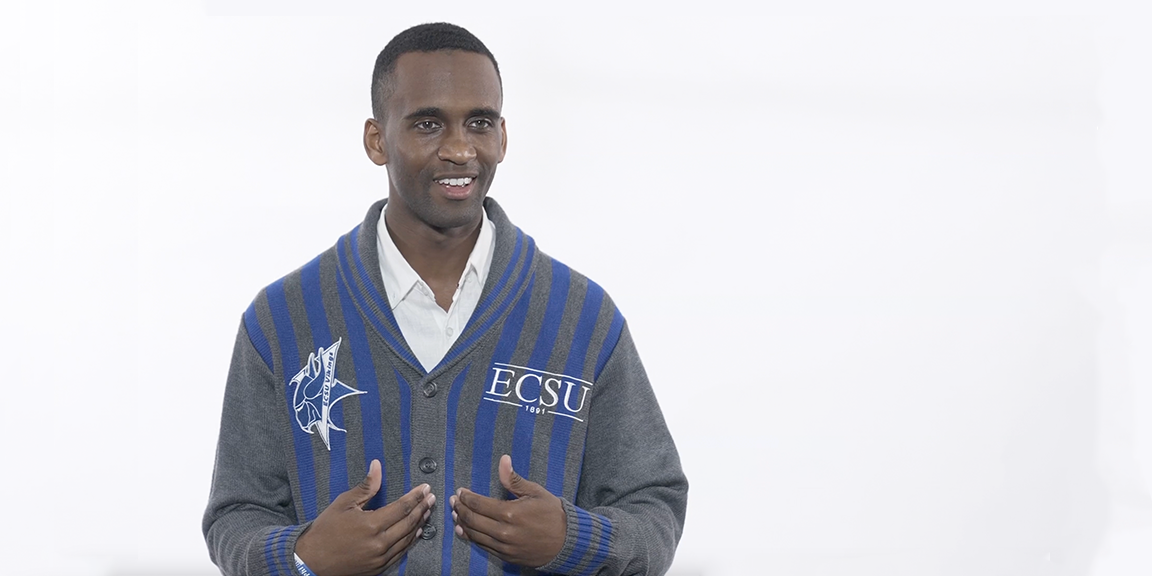
Car Seat Companion Founder Angel Teagle drew on an ecosystem of resources to help him grow into an entrepreneur.
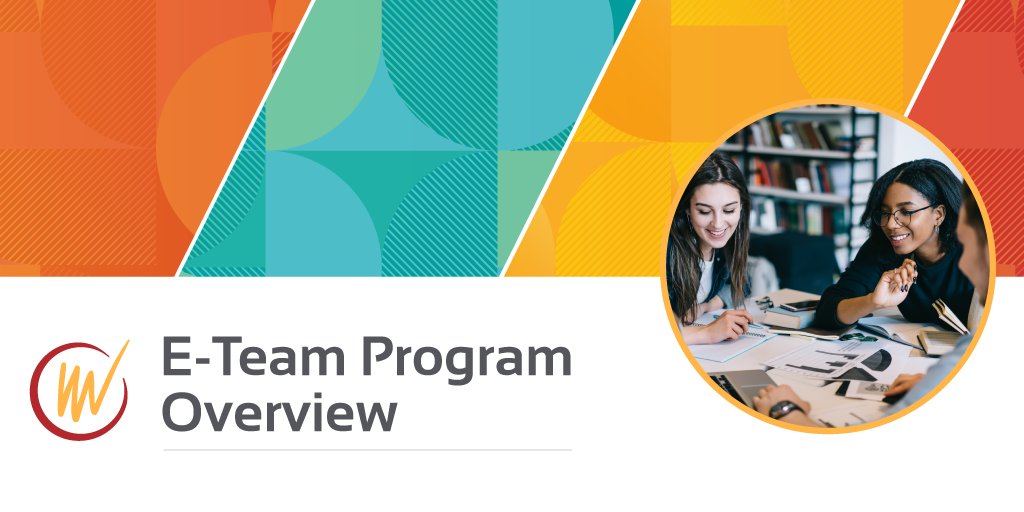
Learn more about VentureWell's E-Team Program, which helps student innovators make an impact on the world.
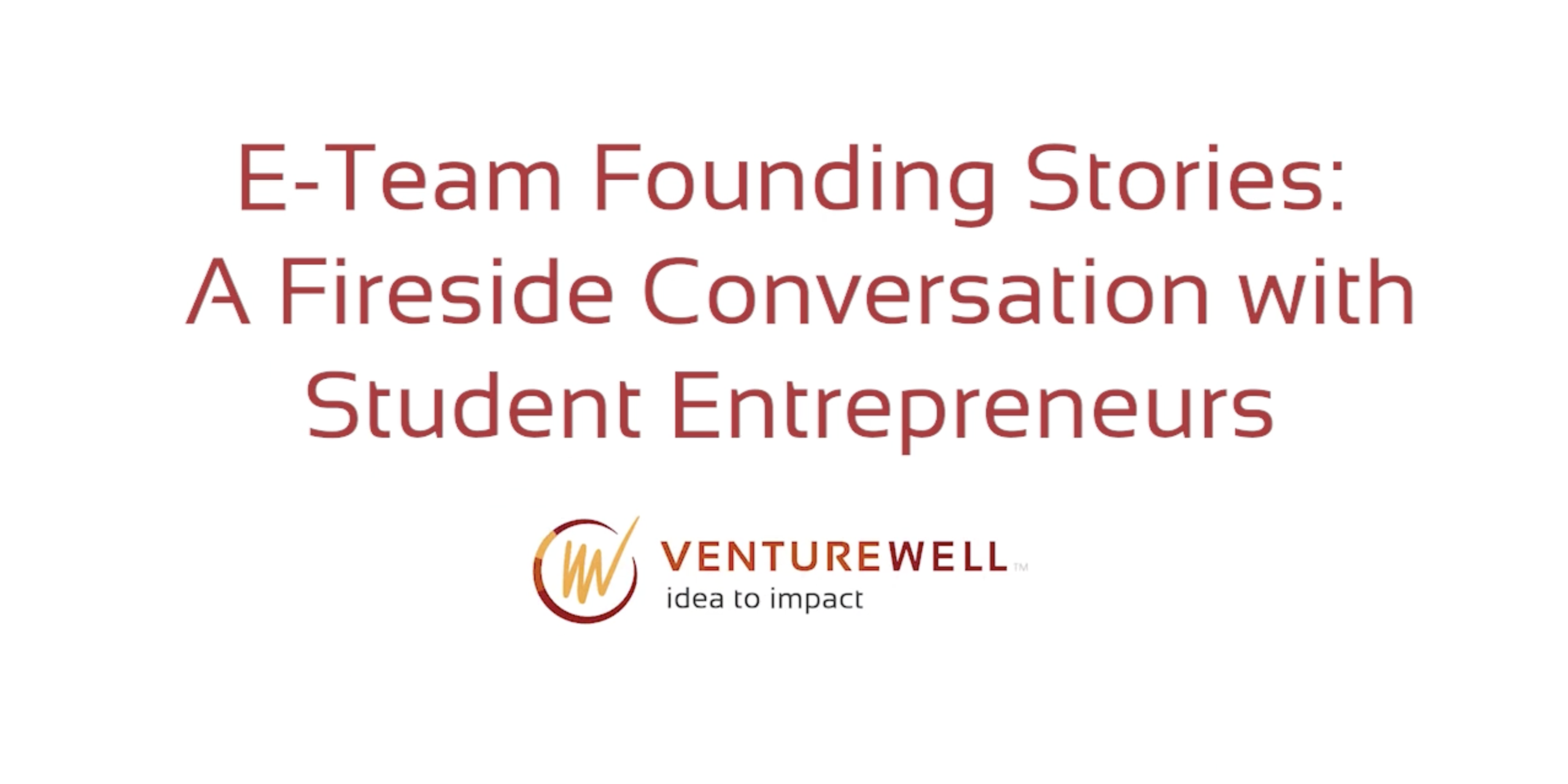
E-Team Program alumni share their stories, including when they felt most supported.
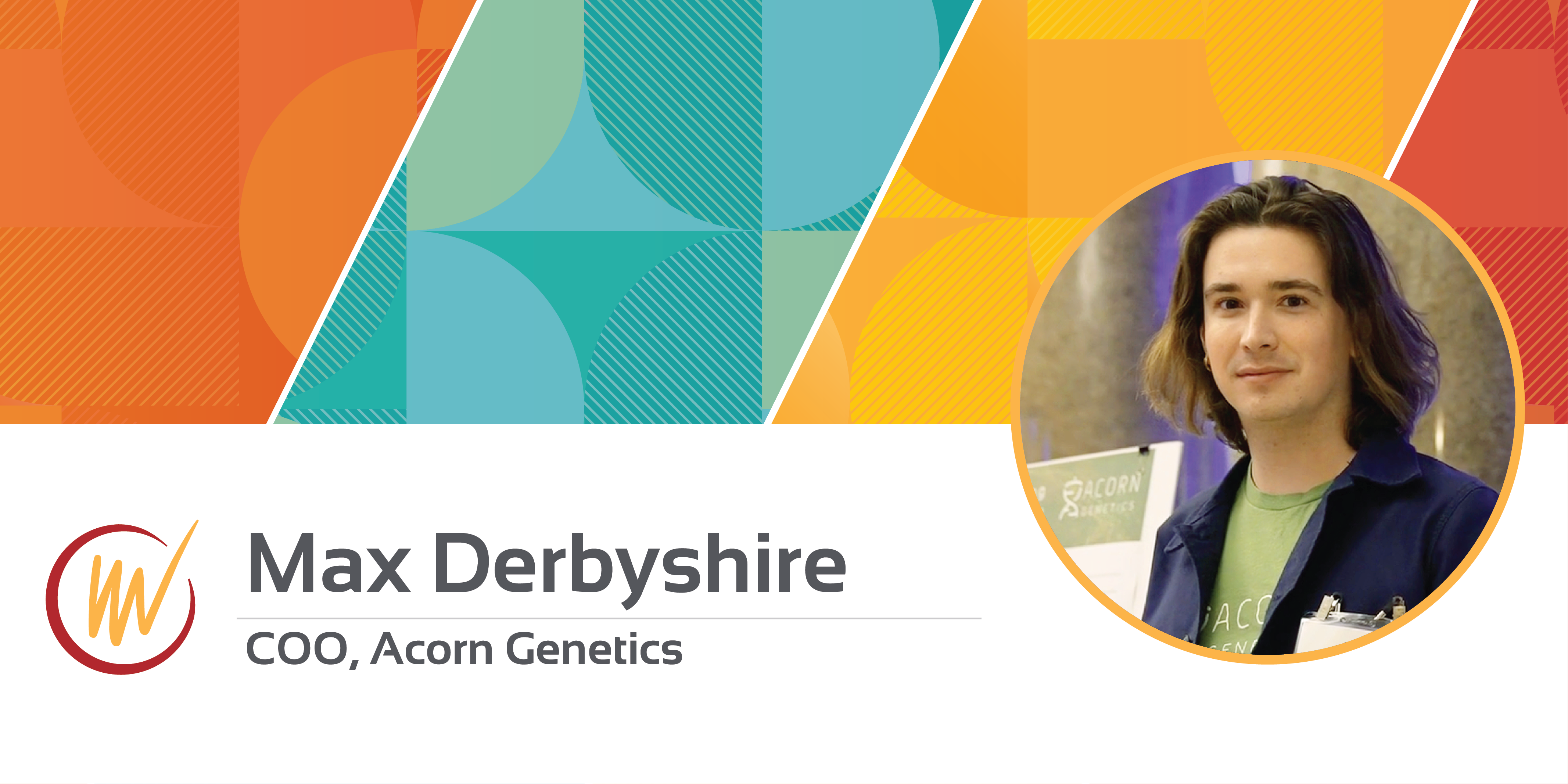
Acorn Genetics COO Max Derbyshire shares how the E-Team Program and the Aspire program advanced his innovation.
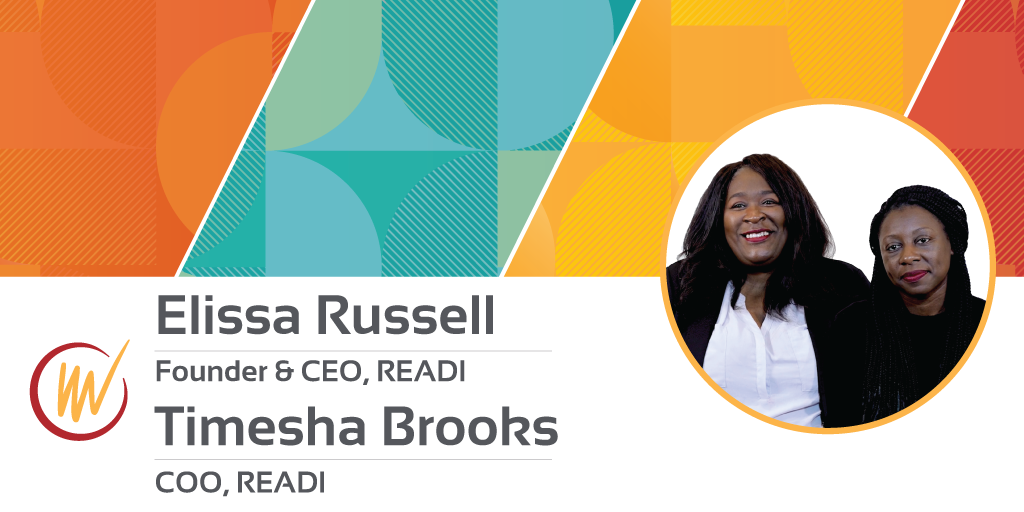
Elissa Russell and Timesha Brooks of READI share their unique path to entrepreneurship, with the support of the E-Team Program.
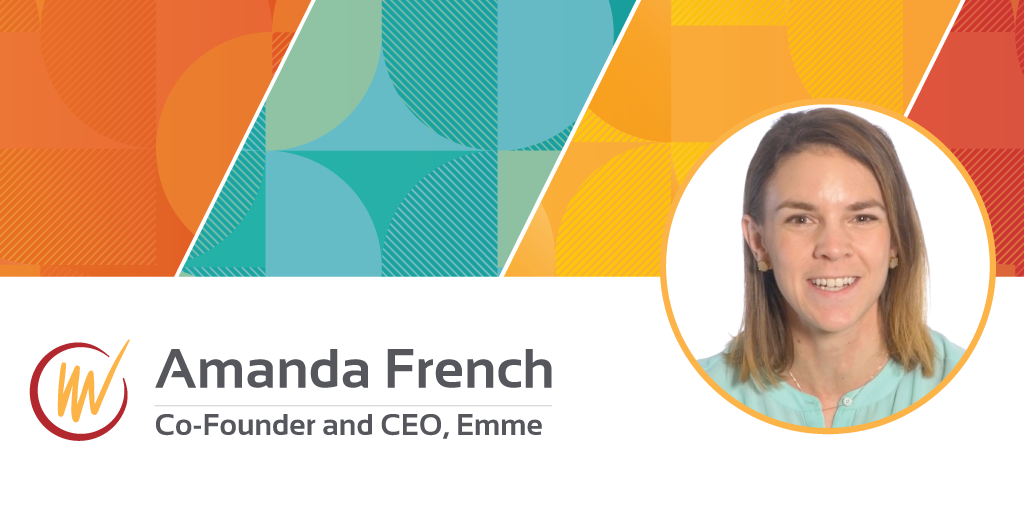
CEO Amanda French shares how early-stage training and funding helped VentureWell E-Team Emme create an innovative birth control pill smart case that was named one of TIME’s Best Inventions of 2021.
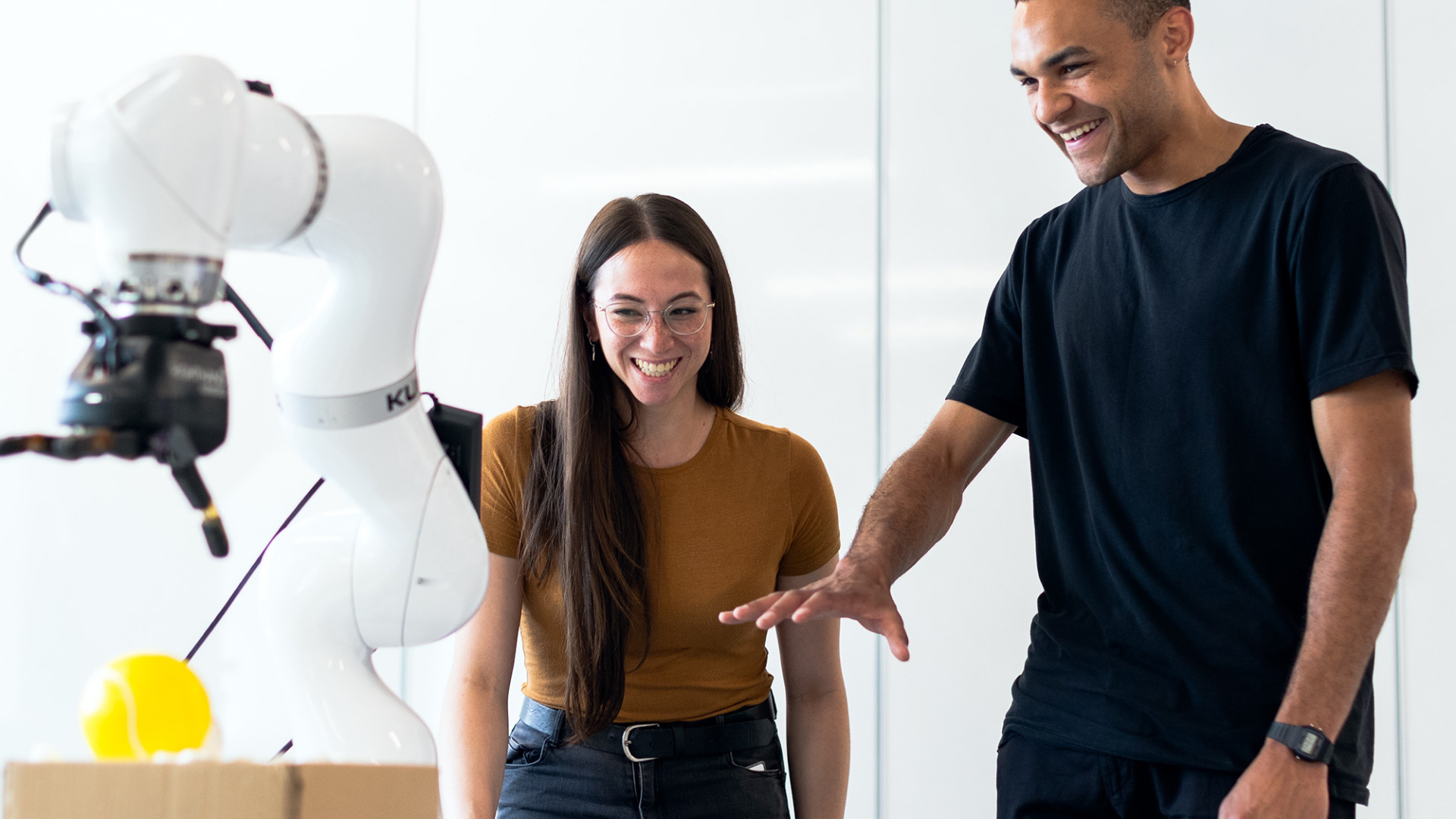
We help early-stage inventors take their innovations beyond the lab and classroom.
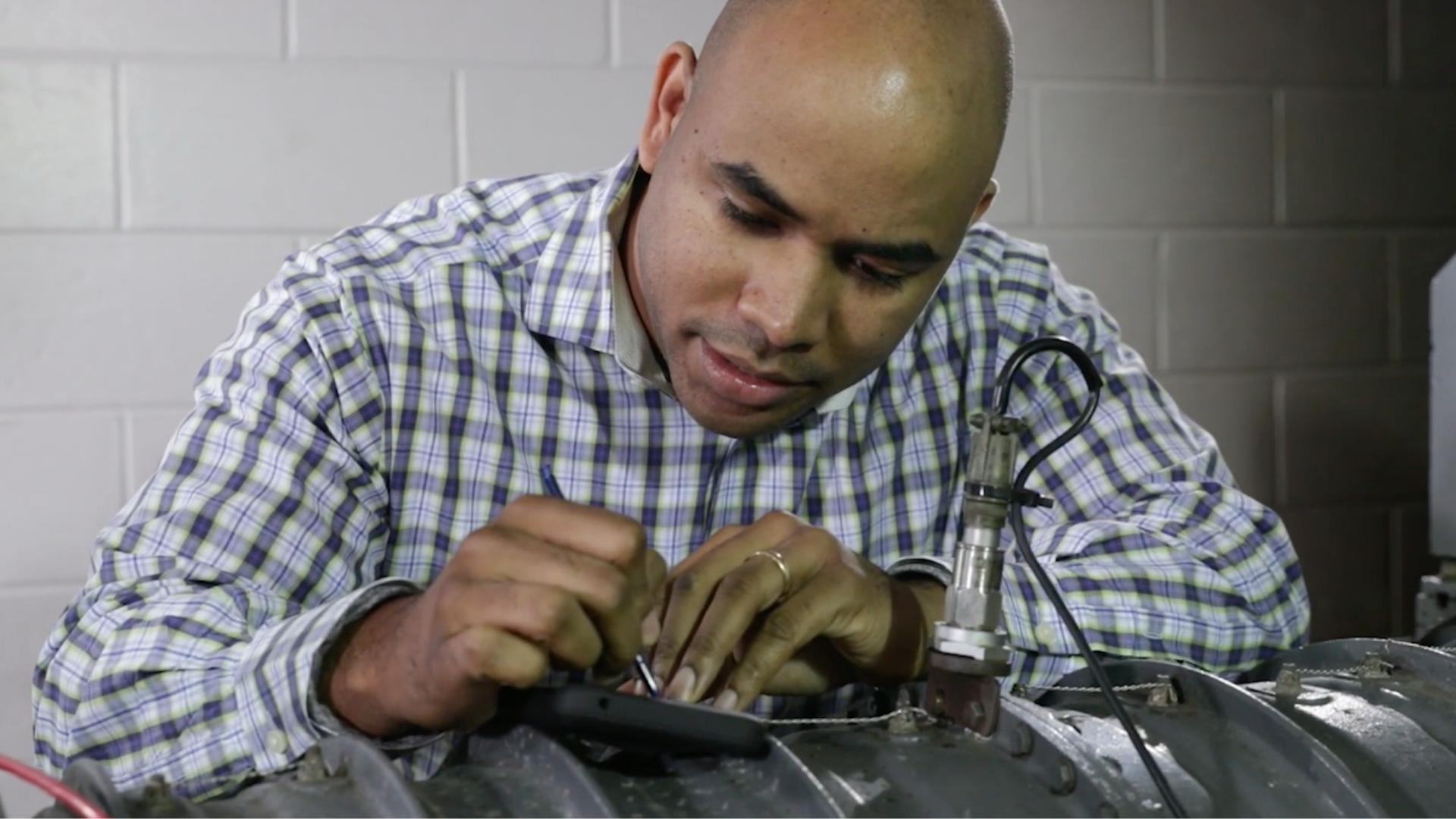
Learn how this E-Team grantee made his childhood dream of becoming an aeronautical inventor a reality.
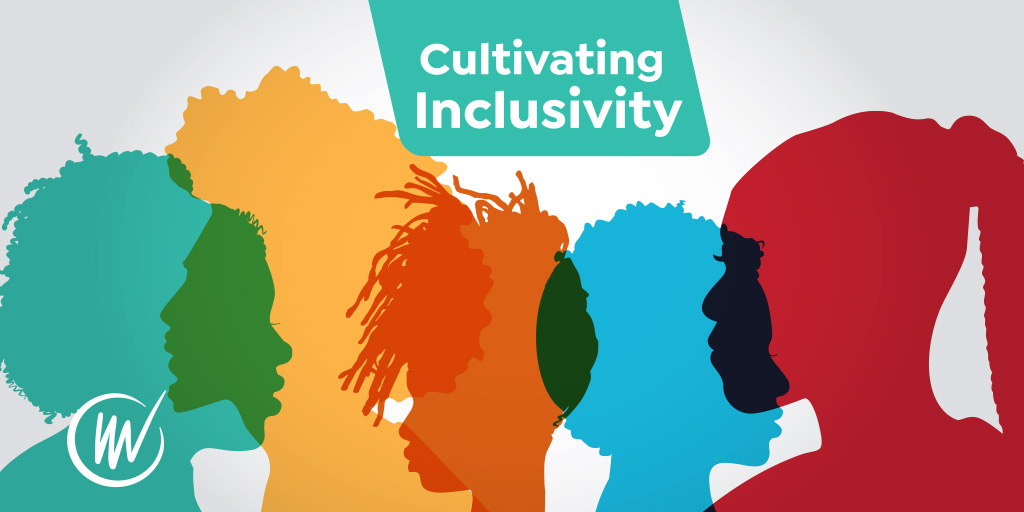
CJ Cornell of the Arizona Commerce Authority describes the skills and qualities of a good mentor.

Audrey Iffert-Saleem, then at Oregon State University, outlines how the school built its mentorship program, accentuating the cultivation of relationships.

CJ Cornell of the Arizona Commerce Authority shares pertinent statistics about mentoring in innovation & entrepreneurship (I&E).
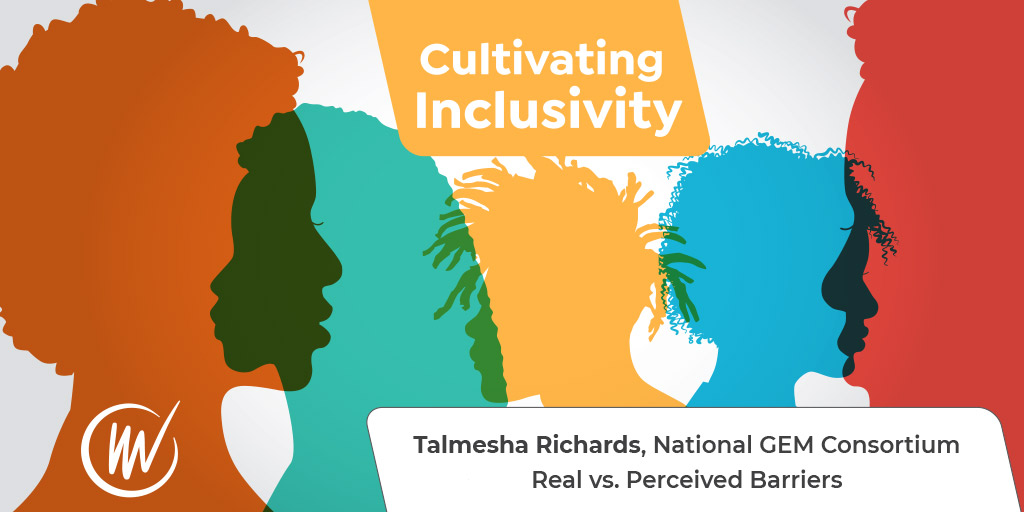
Talmesha Richards of the National GEM Consortium explains how to unpack real barriers vs. perceived barriers.
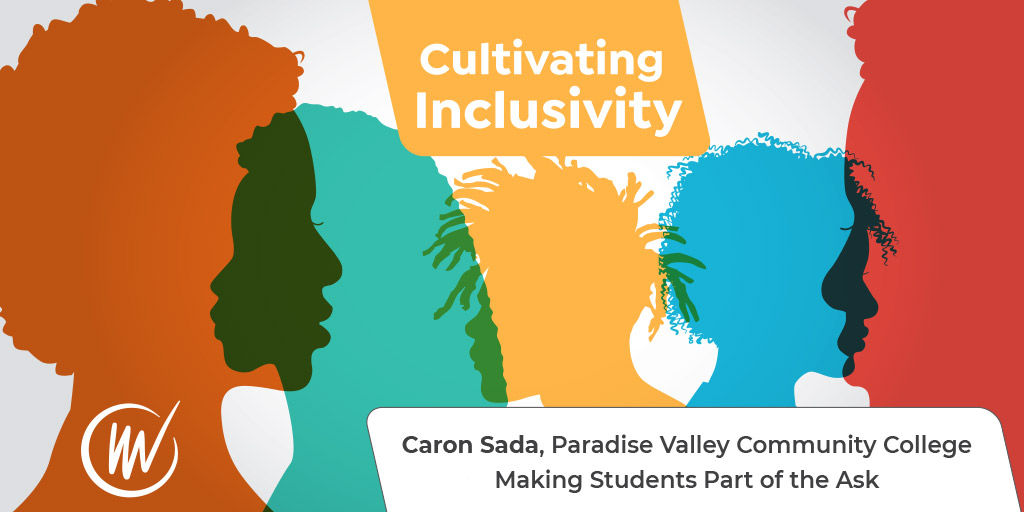
Caron Sada of Paradise Valley Community College discusses making students part of the ask when seeking financial support.
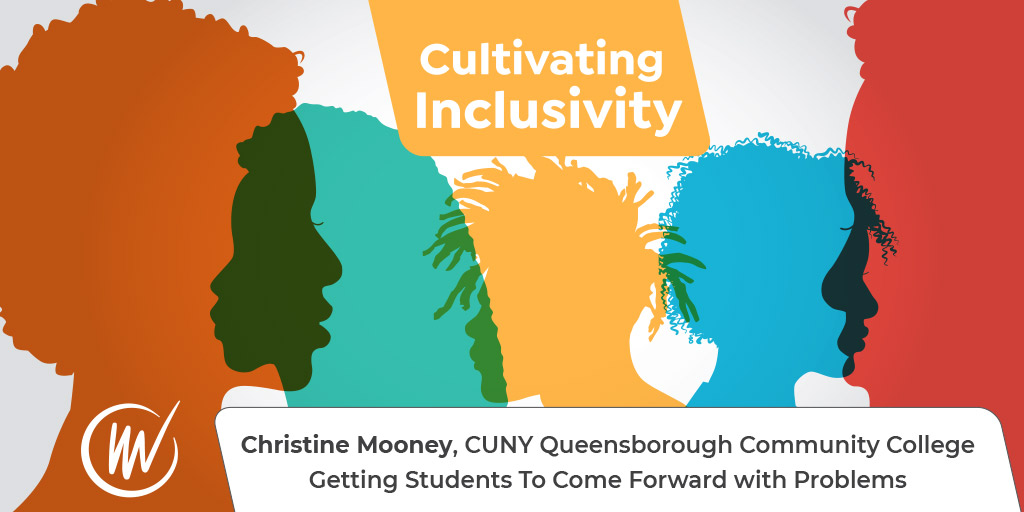
Christine Mooney of CUNY Queensborough Community College explains how to get students to come forward with a problem.
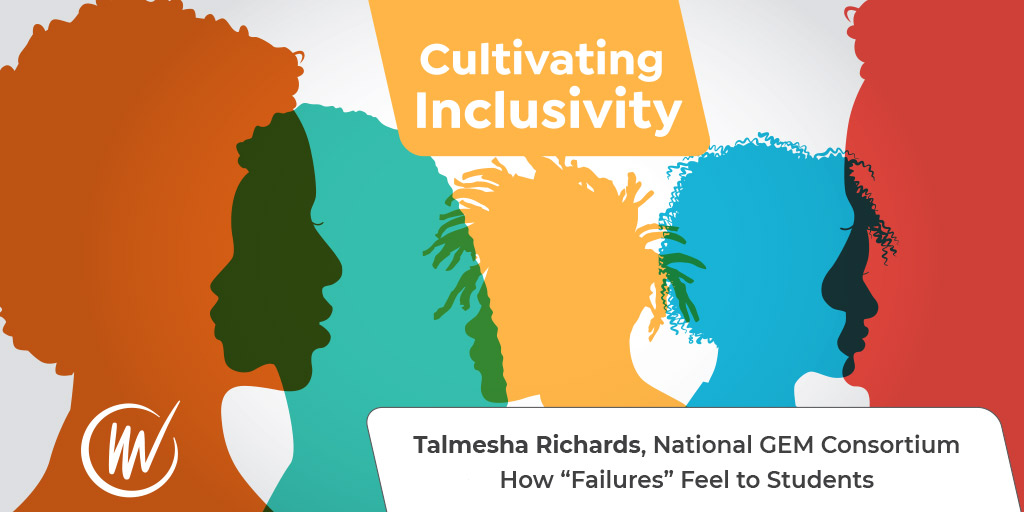
Talmesha Richards of the National GEM Consortium addresses how “failures” can feel like show-stoppers for students.
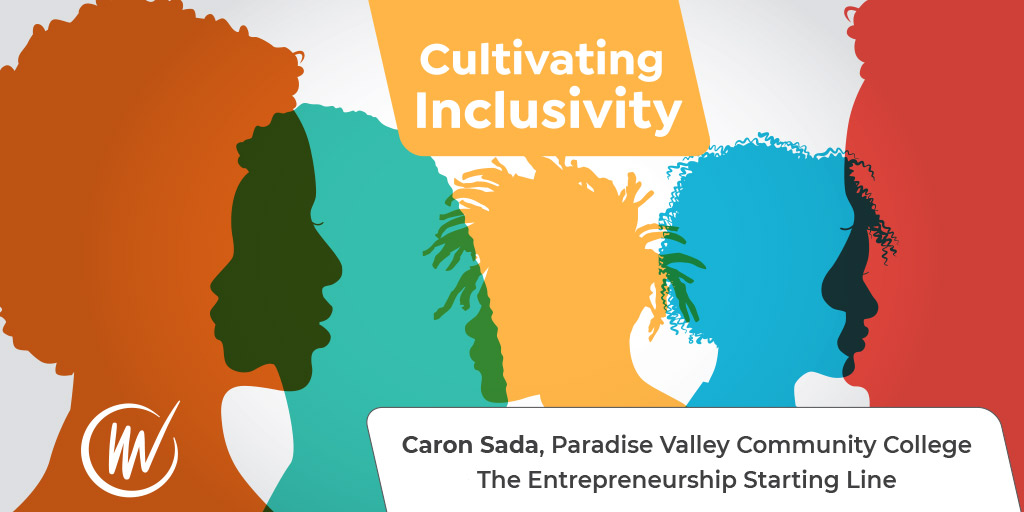
Caron Sada of Paradise Valley Community College discusses pushing back the starting line for entrepreneurship.
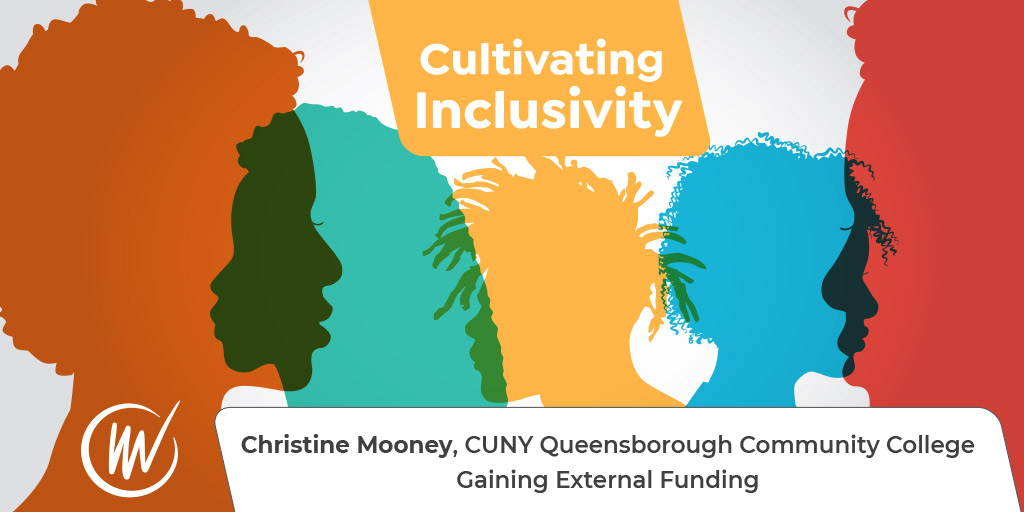
Christine Mooney of CUNY Queensborough Community College outlines how to gain external funding.
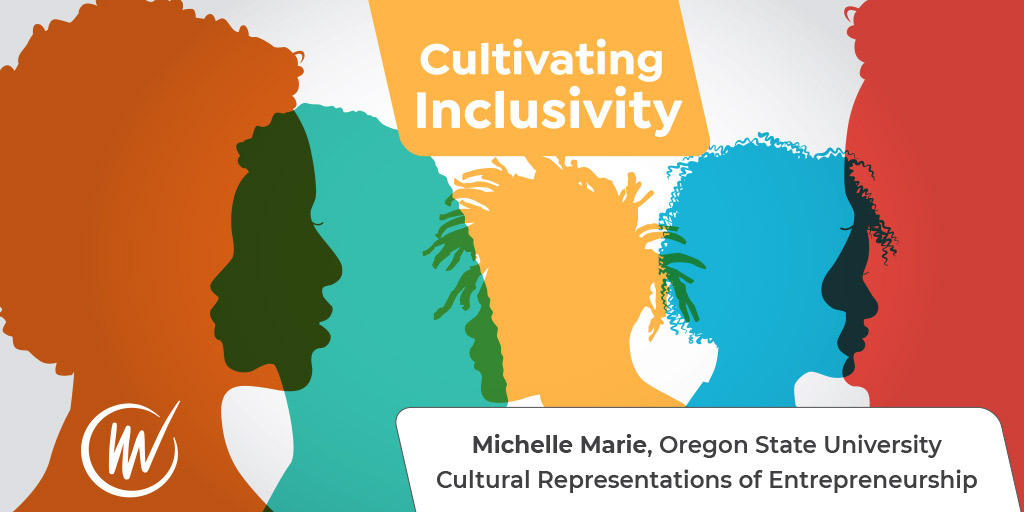
Michelle Marie of Oregon State University discusses how narrow the cultural representations of entrepreneurship are.
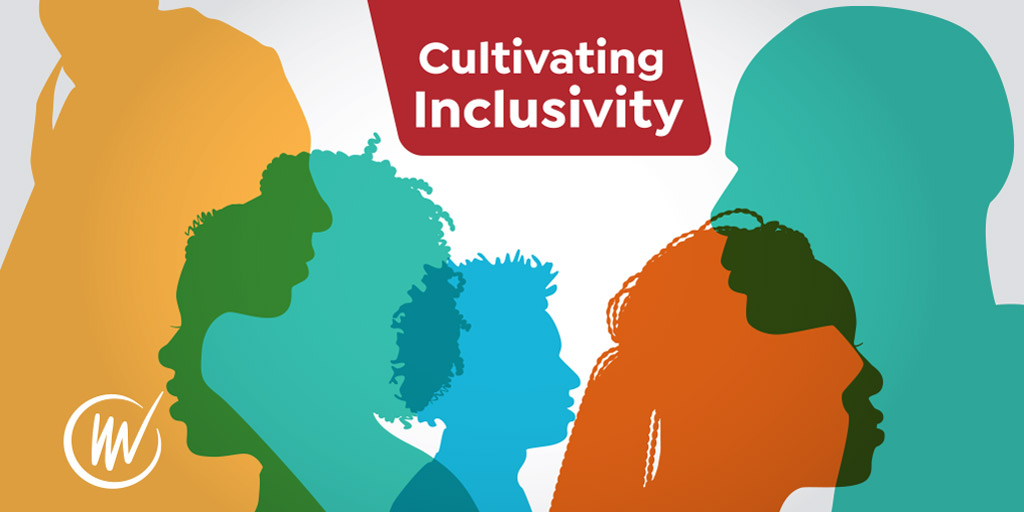
Emma Fleck and Betsy Verhoeven of Susquehanna University discuss how to empower students to tell their own stories.

James Madison University’s Kurt Paterson and Justin Henriques explore how podcasts let us curate a story that’s being shared.

James Madison University’s Kurt Paterson discusses deepening mentor discussions beyond the work, to include the person.
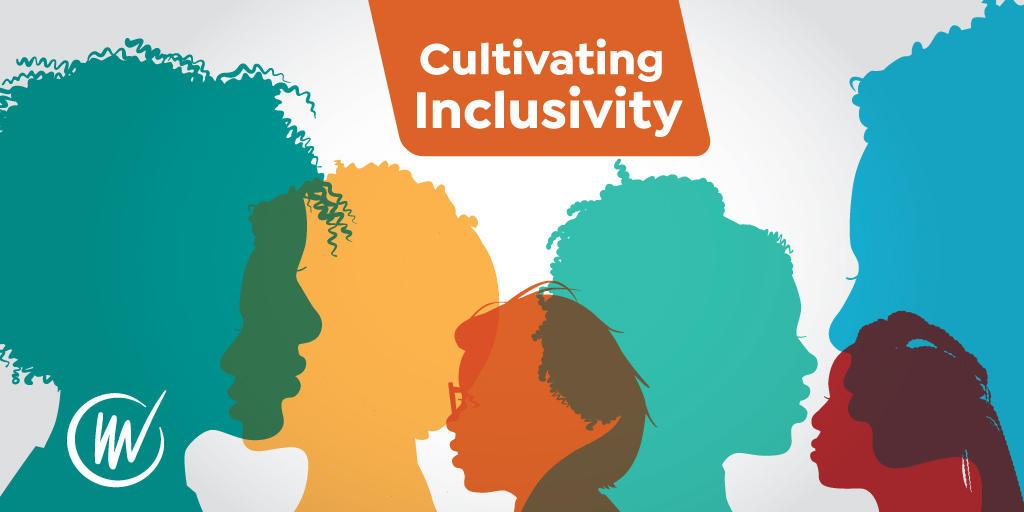
A plenary explored the importance of feelings of belonging to budding science and technology innovators and entrepreneurs.
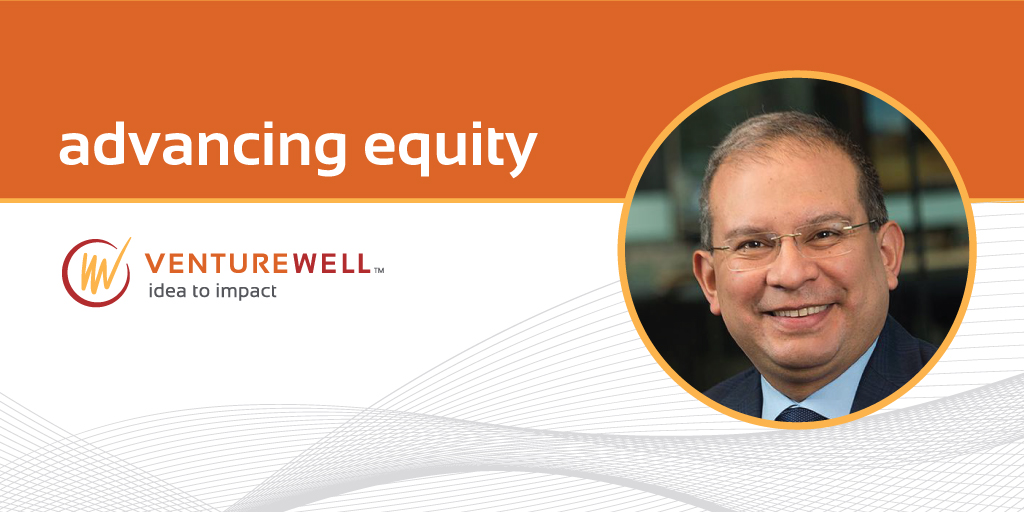
Juan Barraza describes how authentic mentorship is critical to supporting student innovators from underrepresented backgrounds.
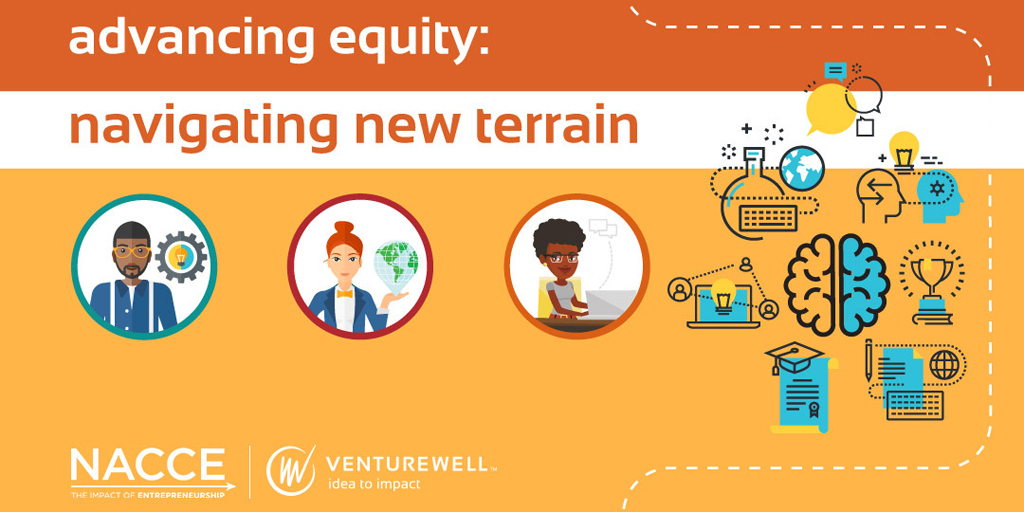
Authors of the VentureWell publication series Advancing Equity: Navigating New Terrain discuss ways to advance diversity, equity, and inclusion.
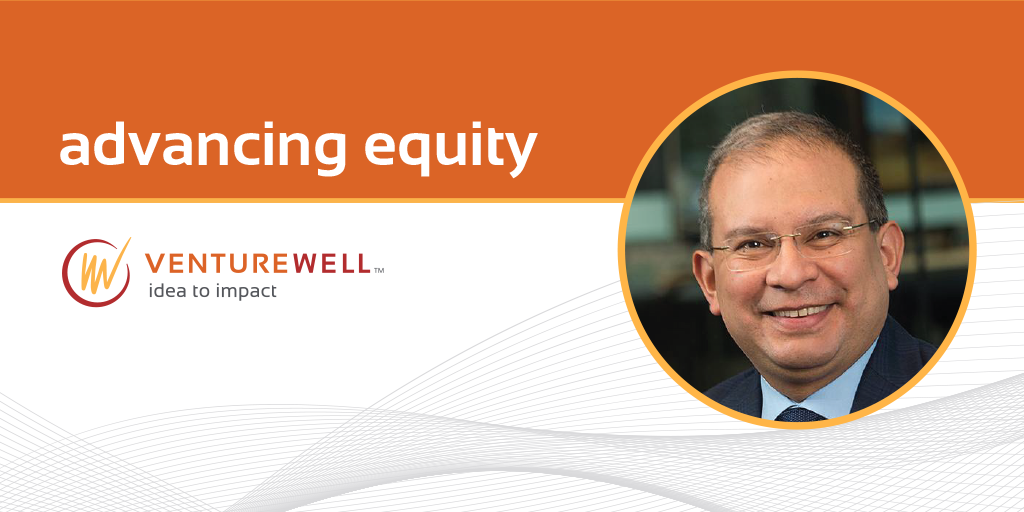
Juan Barraza describes how intentional and consistent outreach can lead to higher engagement by student innovators from underrepresented backgrounds.
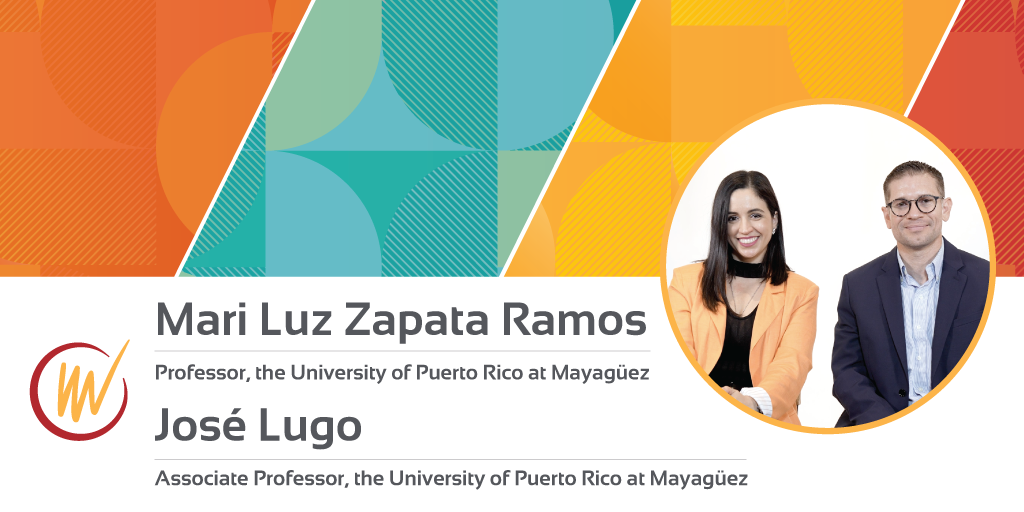
José Lugo and Mari Luz Zapata Ramos of the University of Puerto Rico at Mayagüez share how VentureWell funding helped them expand their entrepreneurship class.
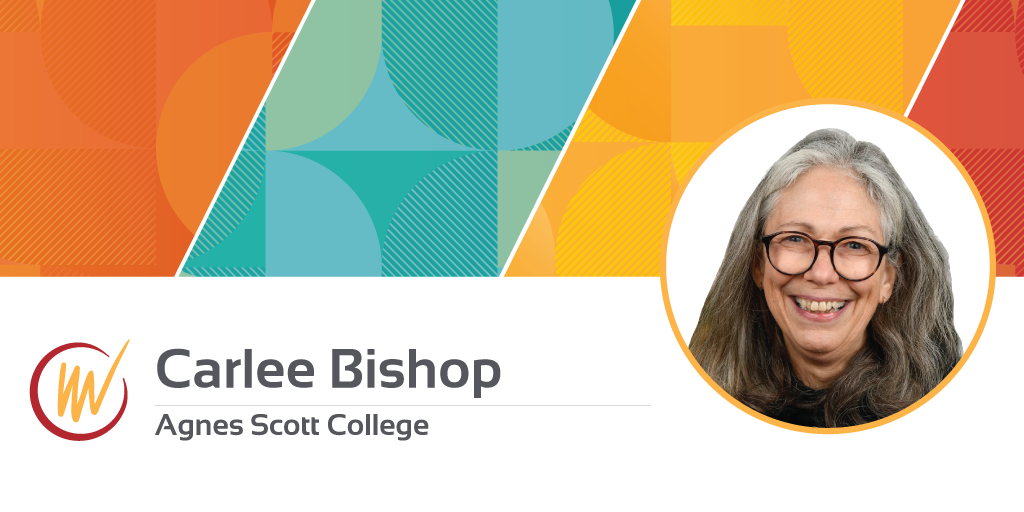
Dr. Carlee Bishop of Agnes Scott College shares her approach to integrating design thinking into human-centered design.
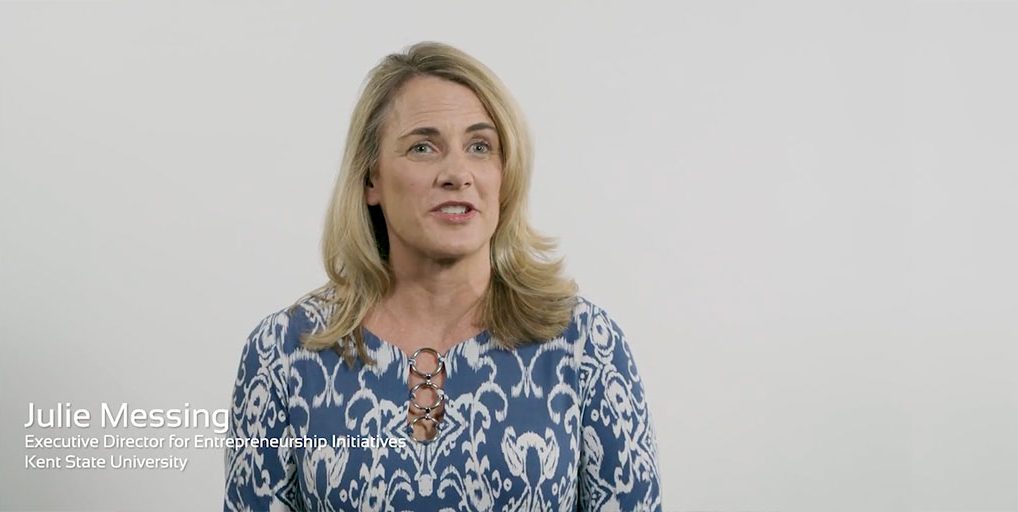
Julie Messing shares how a VentureWell Faculty Grant funded an initiative to cross pollinate innovation and entrepreneurship programs at Kent State.
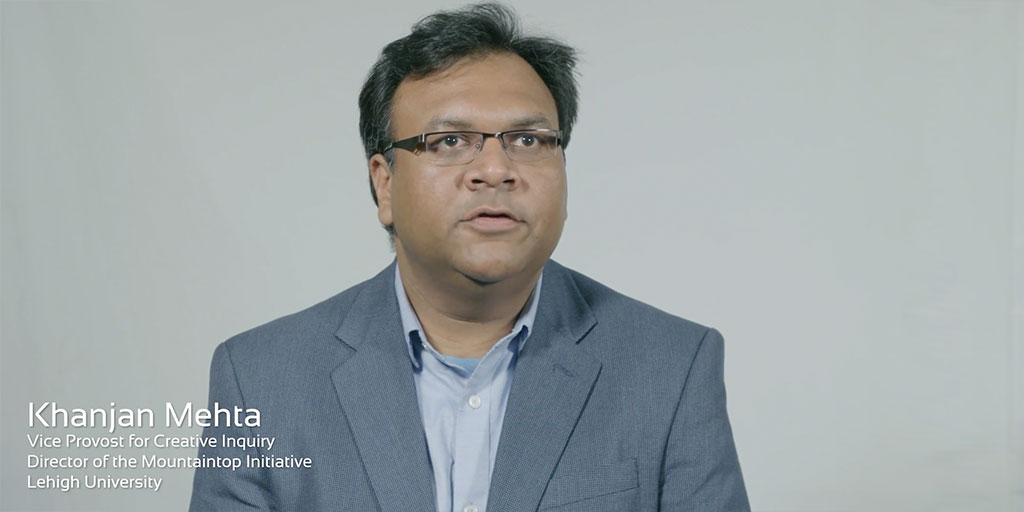
Khanjan Mehta explains how a Faculty Grant supported student teams at Lehigh University in developing tech-based social ventures for low-income countries.
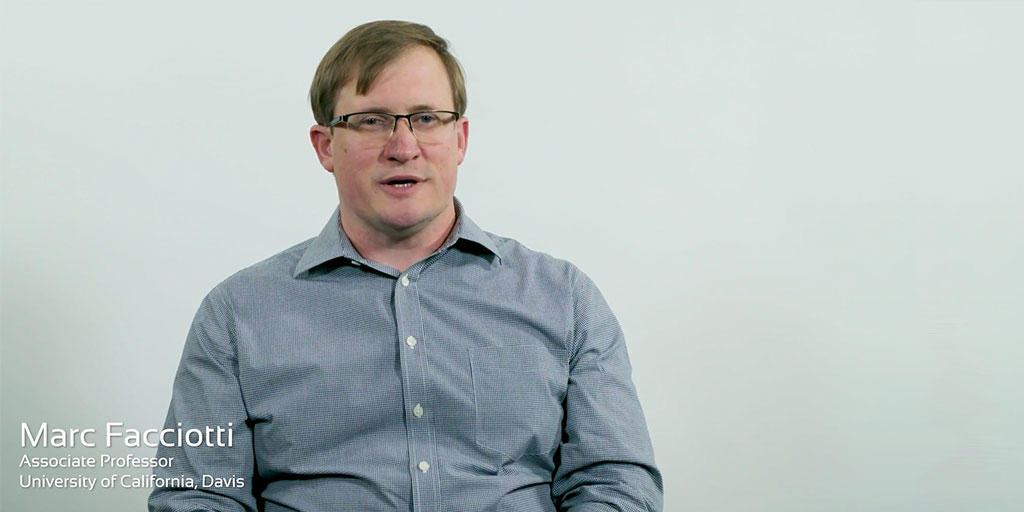
Marc Facciotti explains how a VentureWell Faculty Grant supported a new program to bridge gaps in the I&E ecosystem at UC Davis.
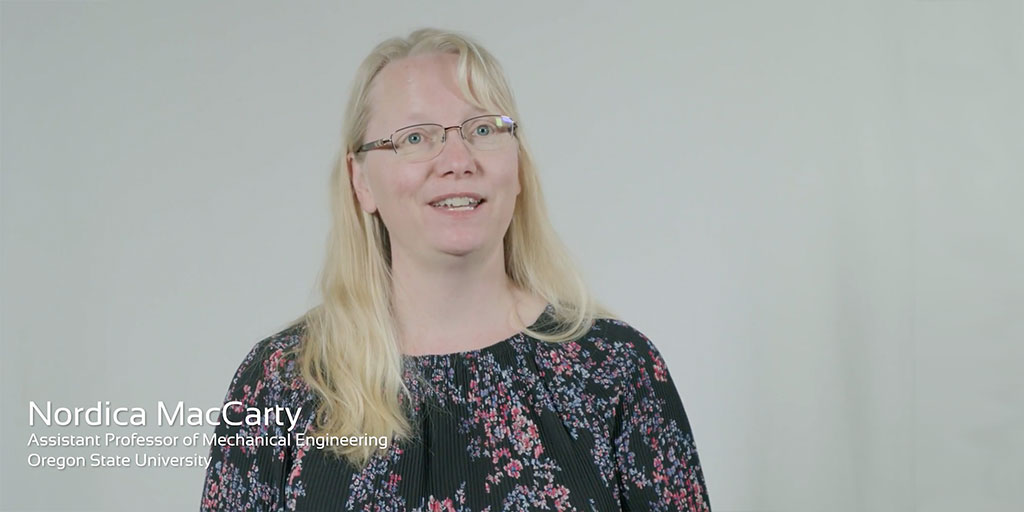
Nordica MacCarty shares how a Faculty Grant allowed her to integrate entrepreneurship and environmentally responsible principles into her curriculum at OSU.
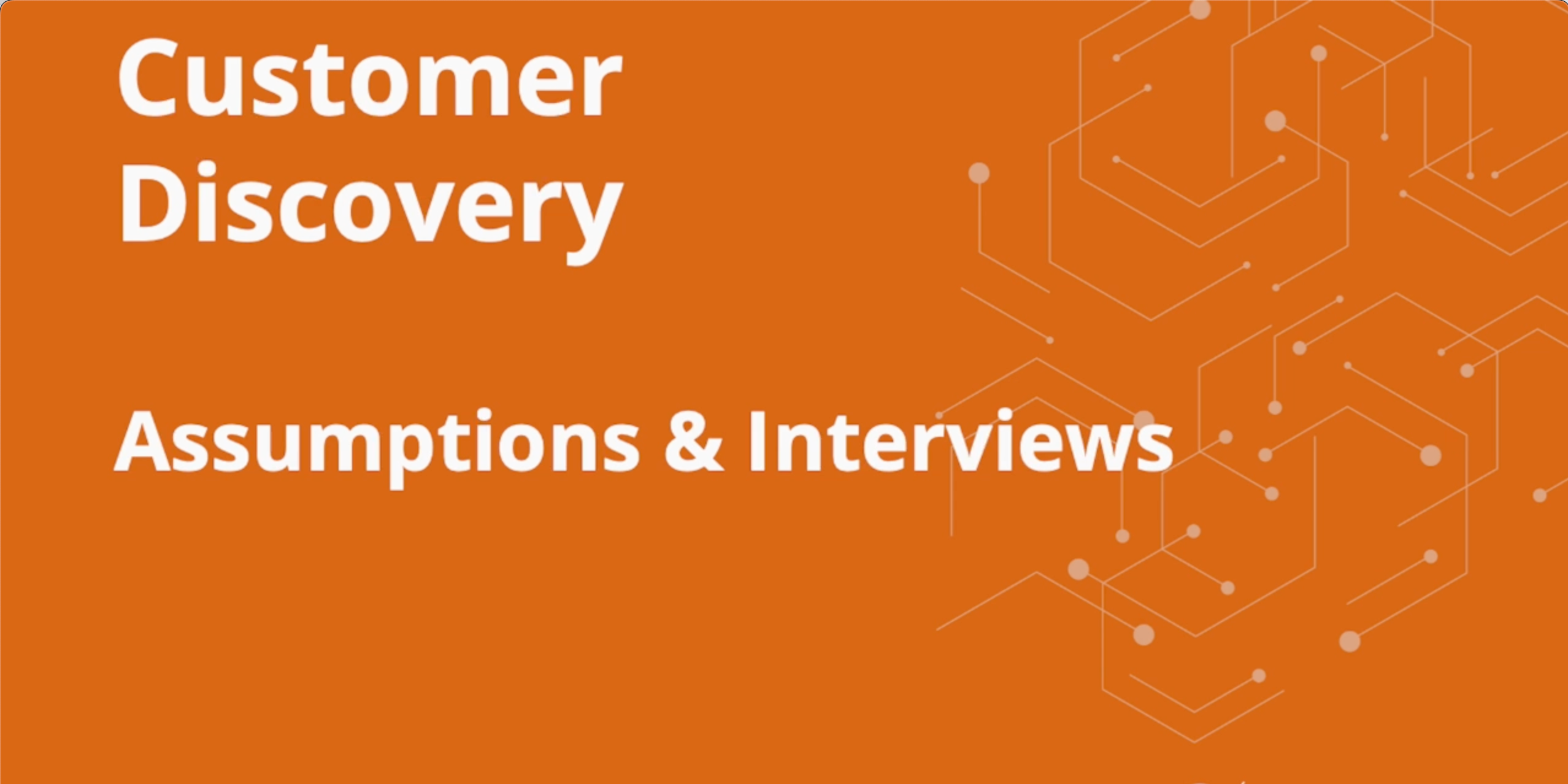
Cara Barnes covers the process of customer discovery for startups and innovators.
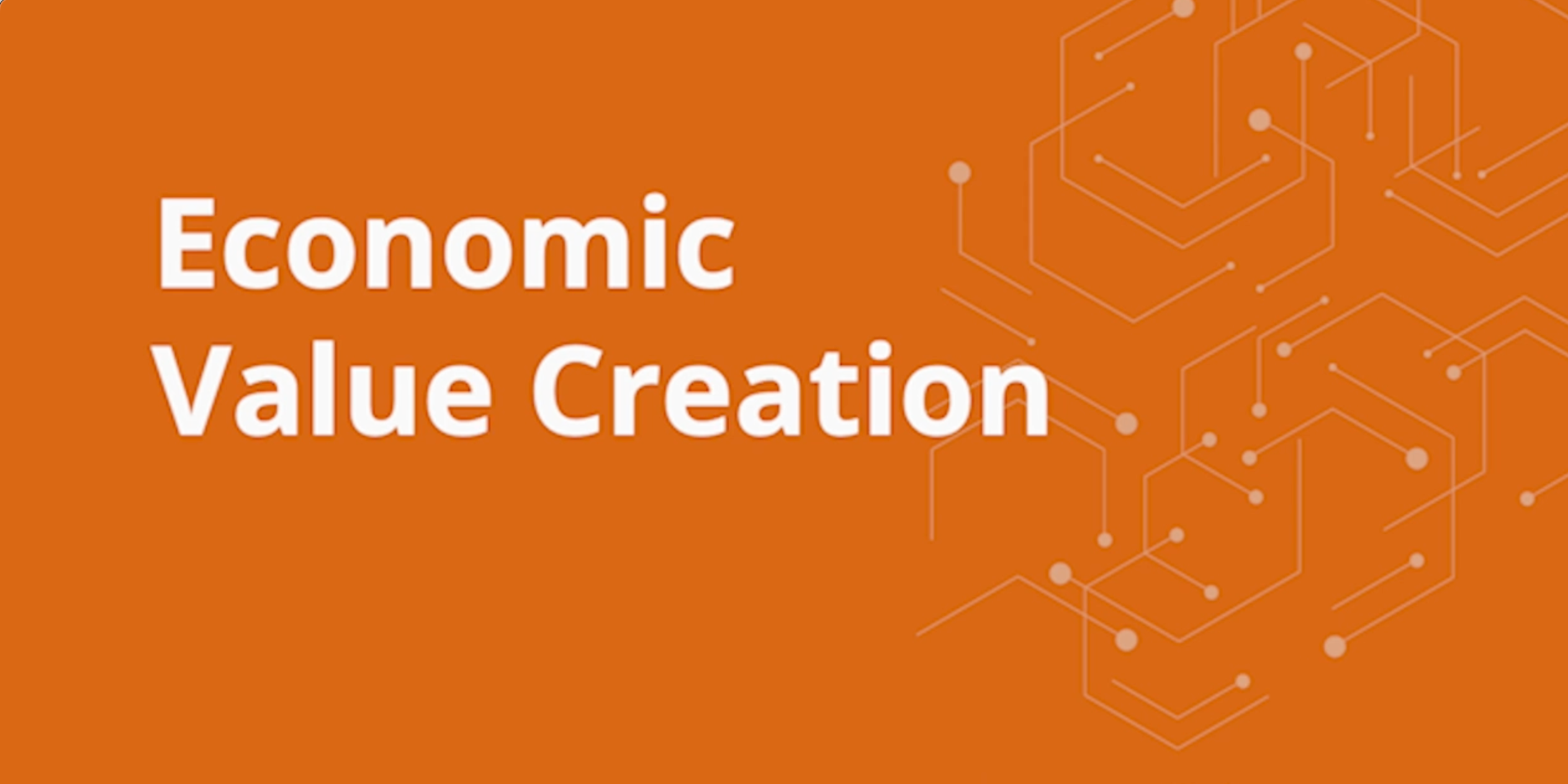
Sarah Wharmby explores the economic factors that impact consumer decisions regarding your product or service.
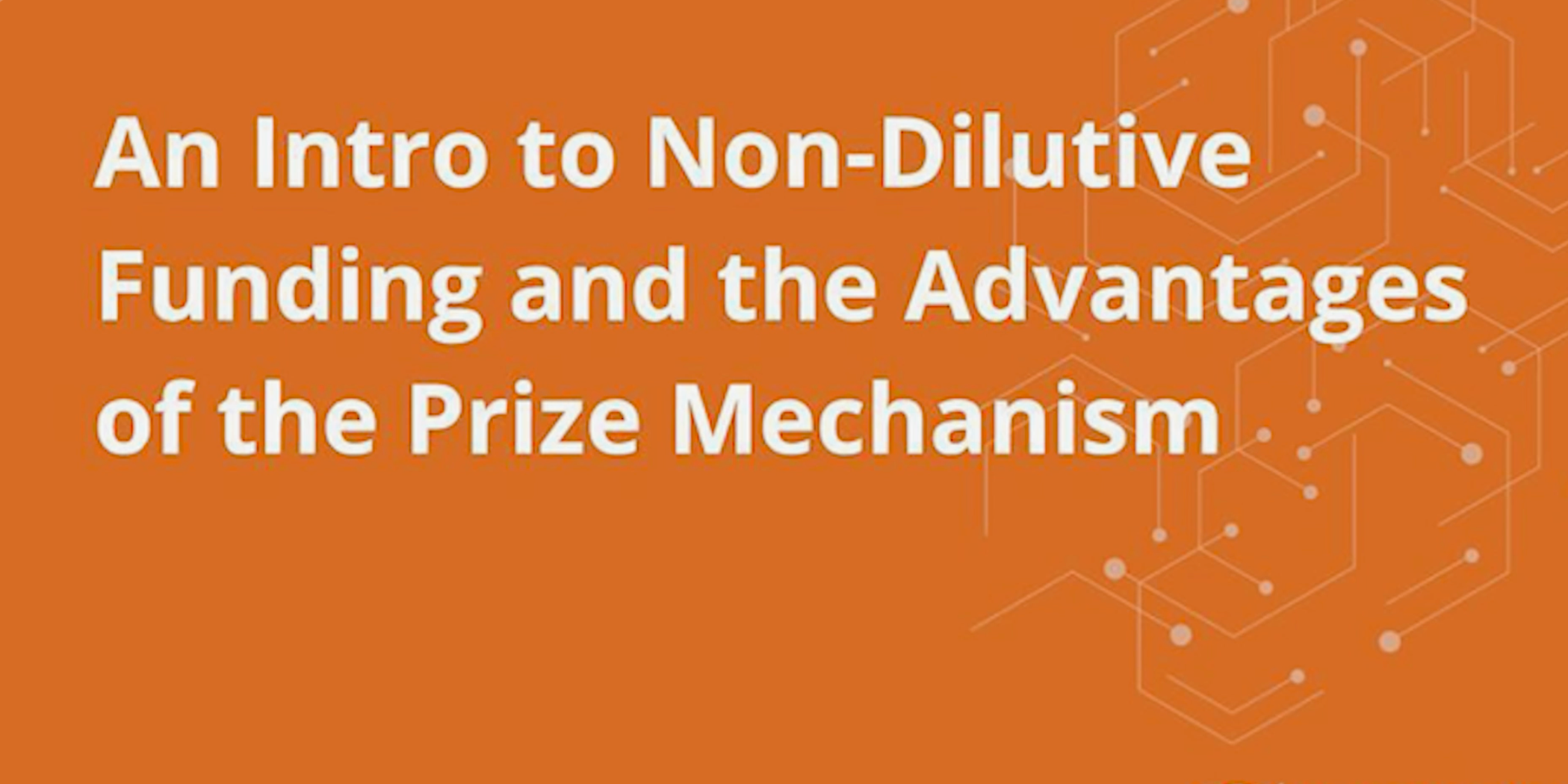
Christina Tamer delves into the intricacies of non-dilutive funding for early-stage science and technology startups.
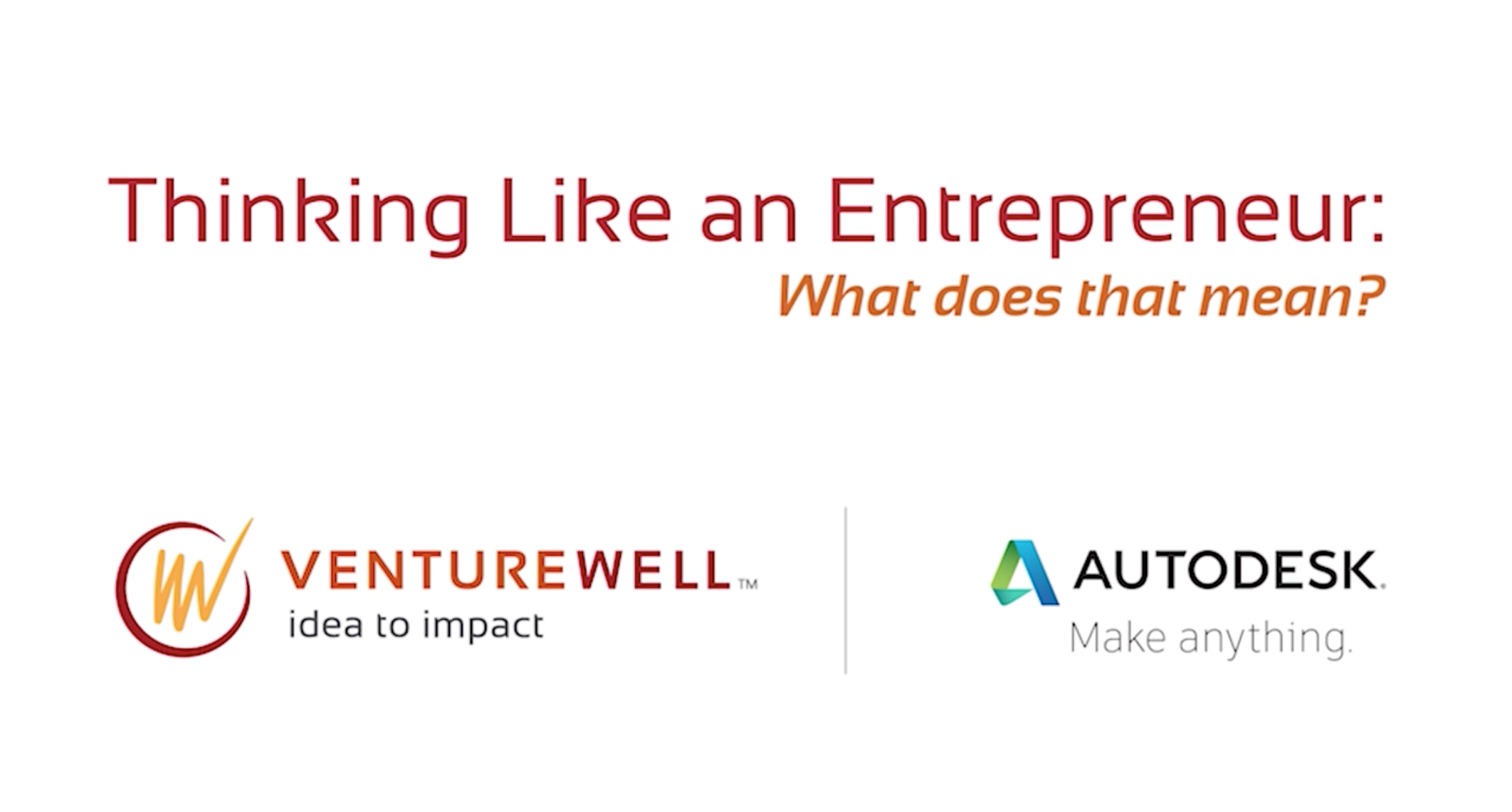
The world is full of people generating ideas. The real question is: do you have what it takes to turn this idea into a reality?
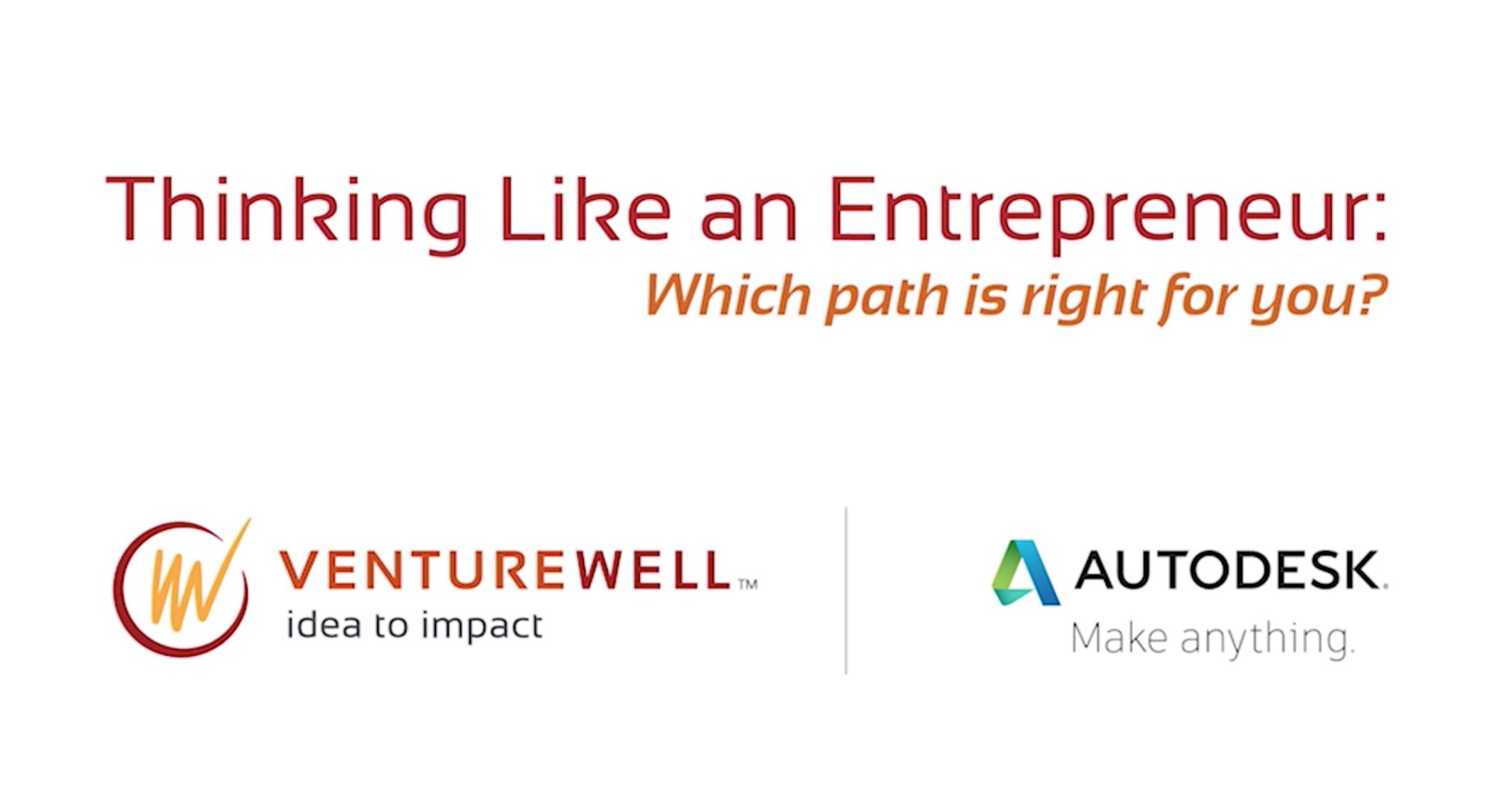
There are lots of different paths you can take on your journey to commercialization. In this video, we'll walk through some options.
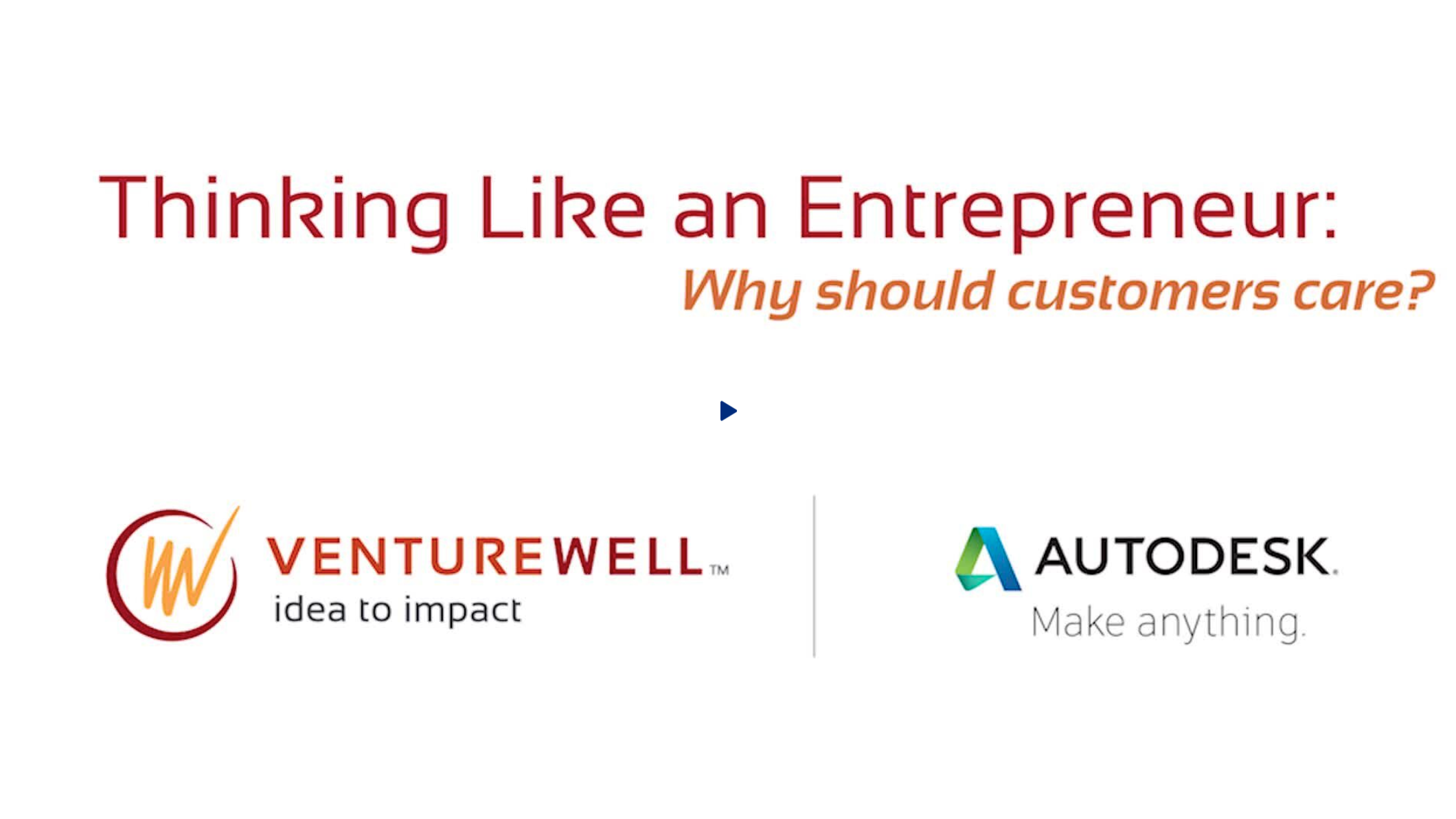
A lot of innovators love building the features of a product. But it's important to know those features are important to your customers-- and that they're willing to buy them.
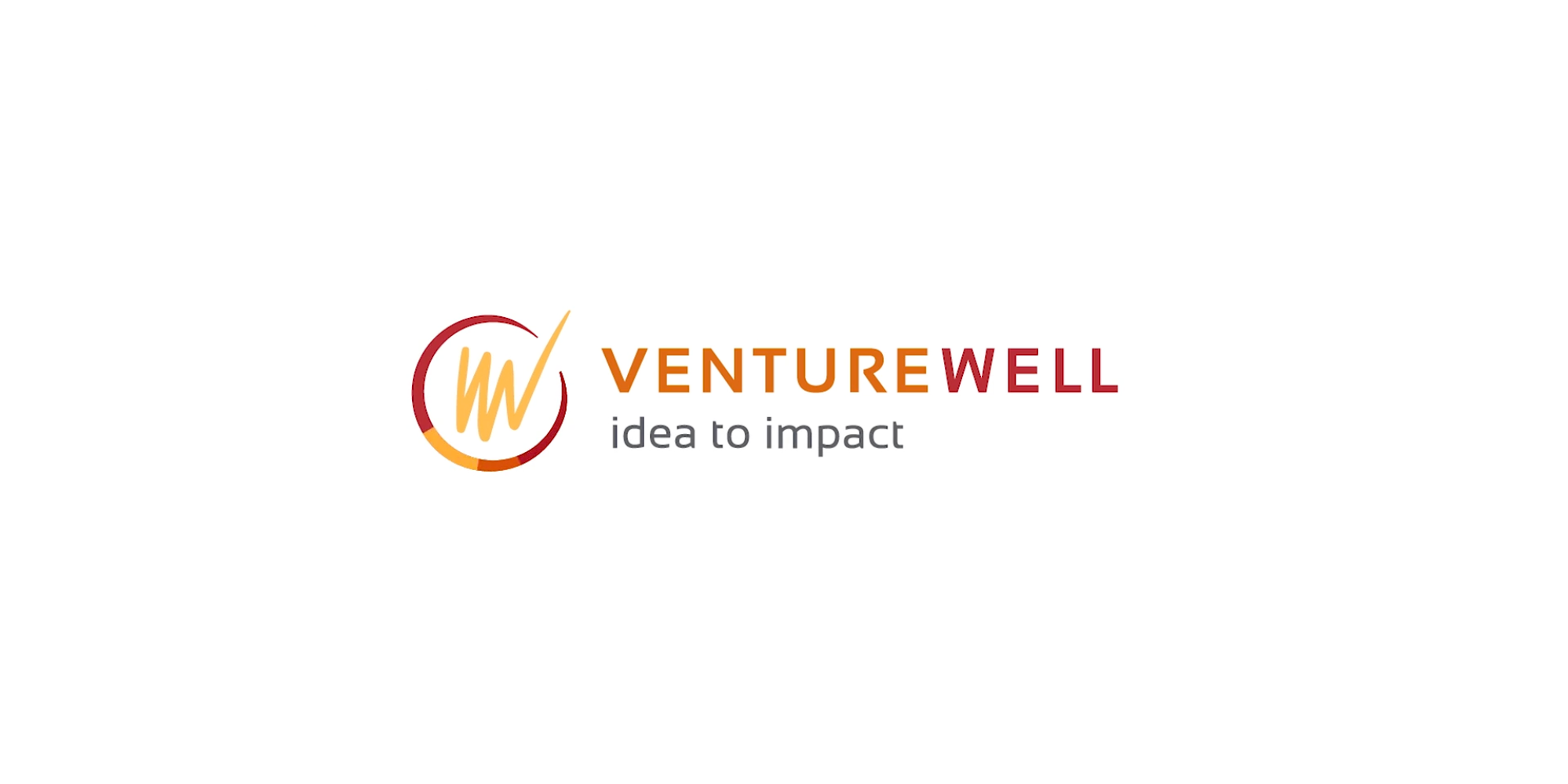
Hear from faculty and university leadership about the impact and importance of VentureWell’s work.
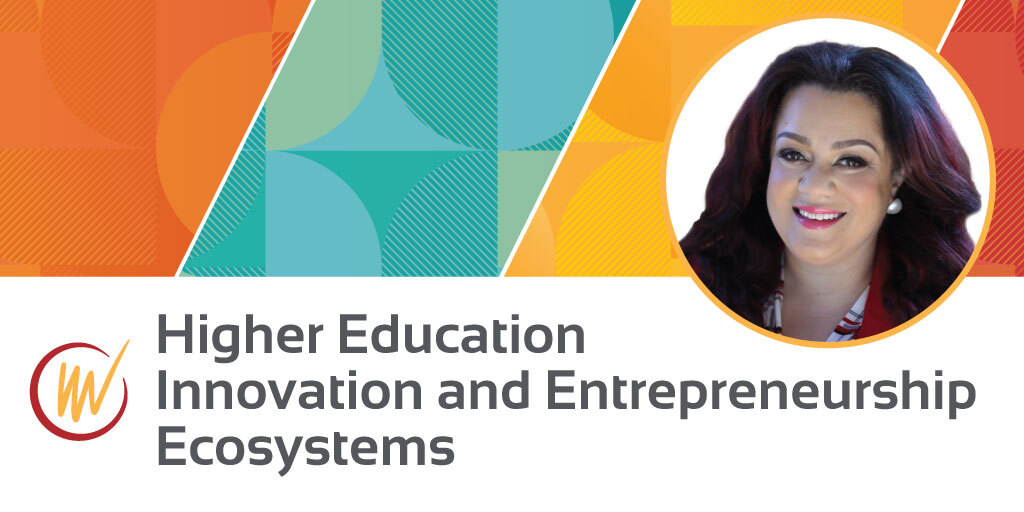
Learn about VentureWell’s vision for the future of innovation and entrepreneurship in higher education.

José Lugo and Mari Luz Zapata Ramos of the University of Puerto Rico at Mayagüez share how VentureWell funding helped them expand their entrepreneurship class.
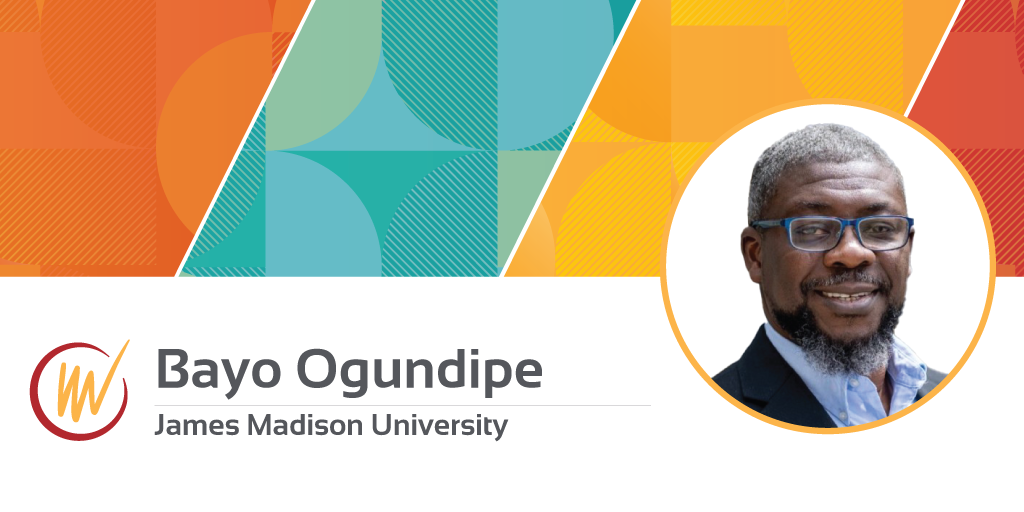
Bayo Ogundipe of James Madison University introduces engineering students to the global nature of innovation and entrepreneurial thinking.
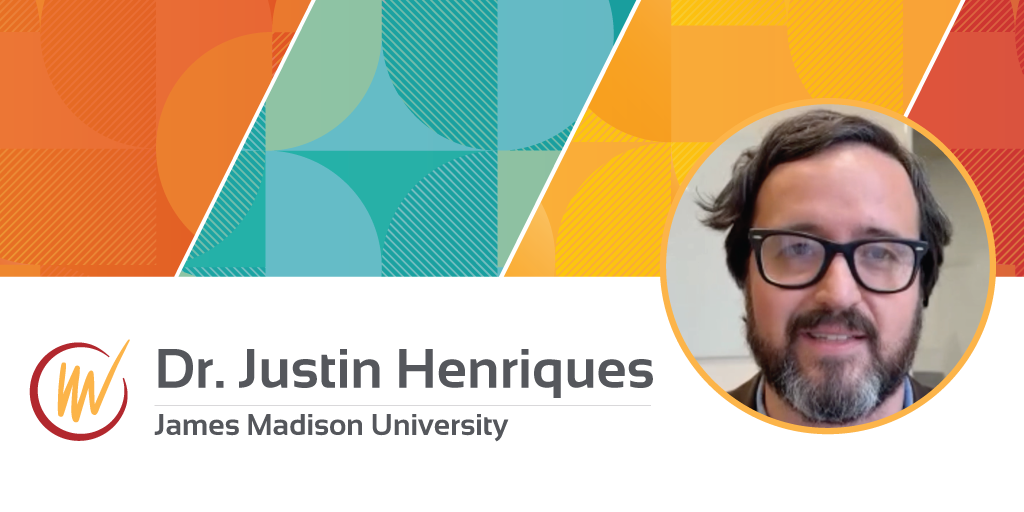
Dr. Justin Henriques of James Madison University discusses Peace Lab Studio, a course supported by a VentureWell faculty grant that serves as a launchpad for student teams to develop climate solutions for the developing world.
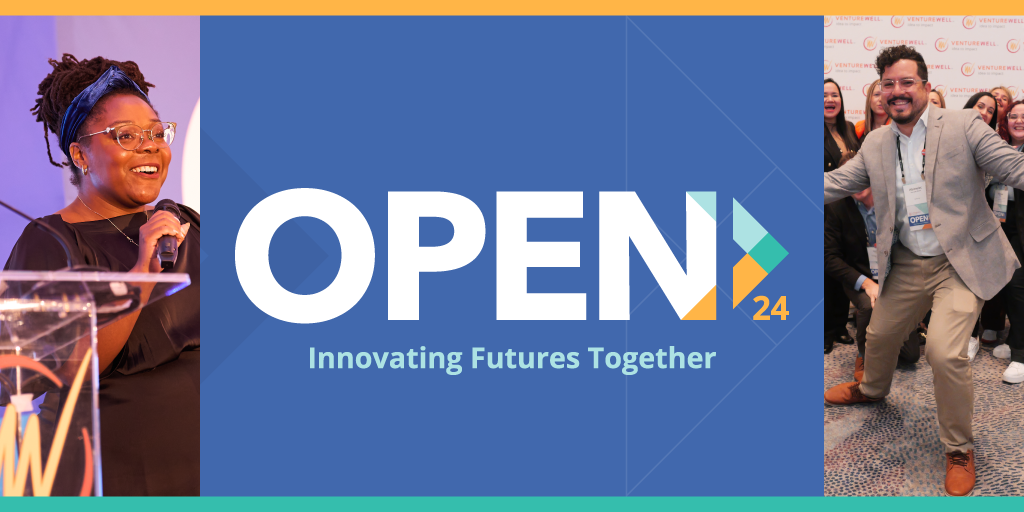
A look back at the OPEN 2024 conference, held March 18-20 in San Diego, California.
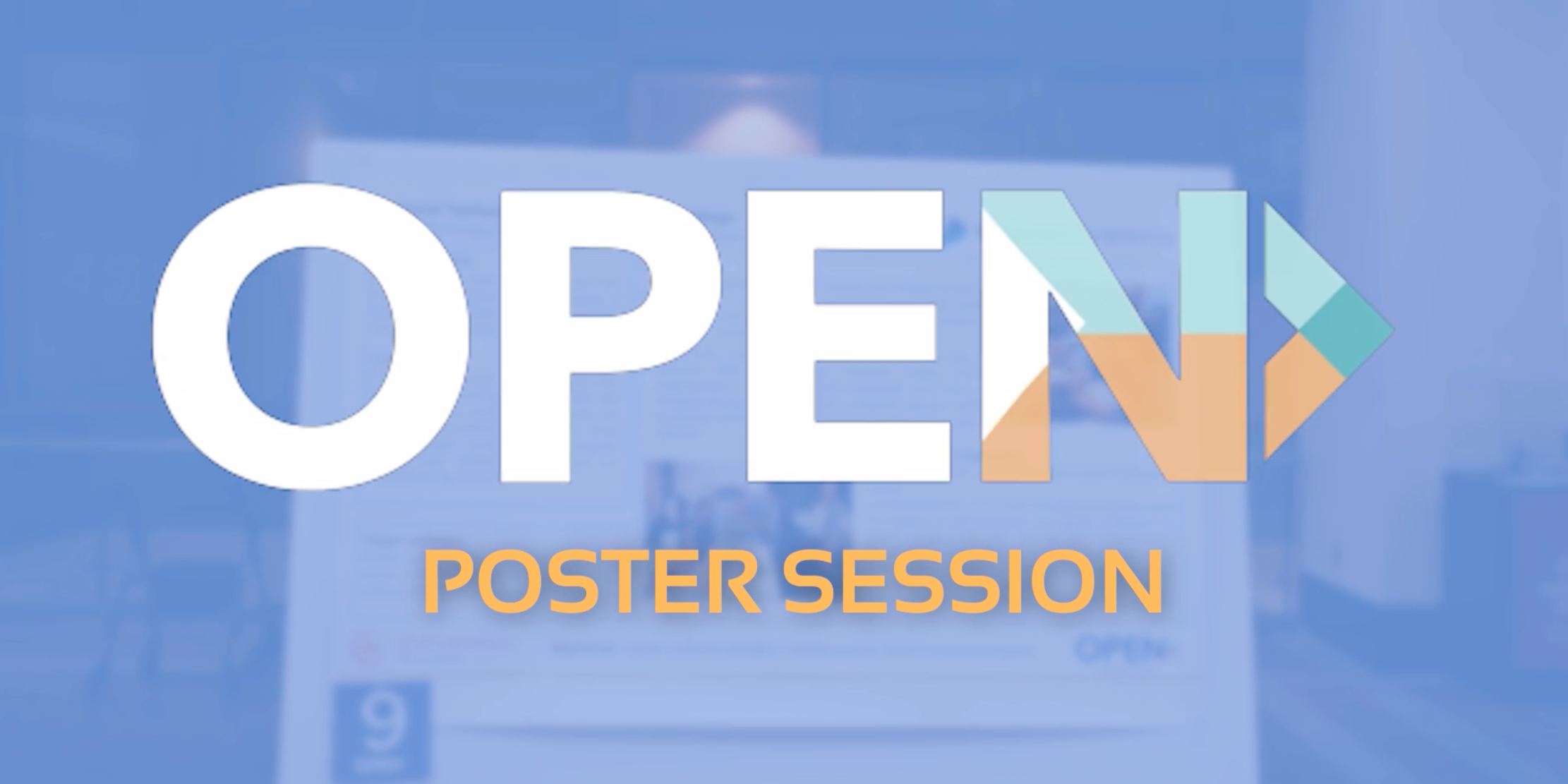
Hear from our 2023 OPEN Poster Session winners and learn about the benefits of submitting a proposal.
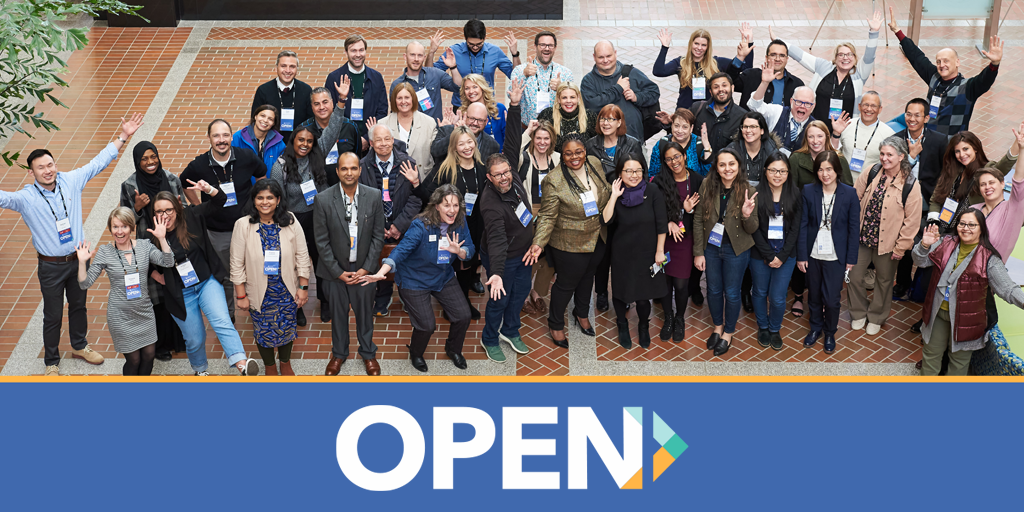
Faculty talk about finding their community and why attending VentureWell’s OPEN Annual Conference is important to them.
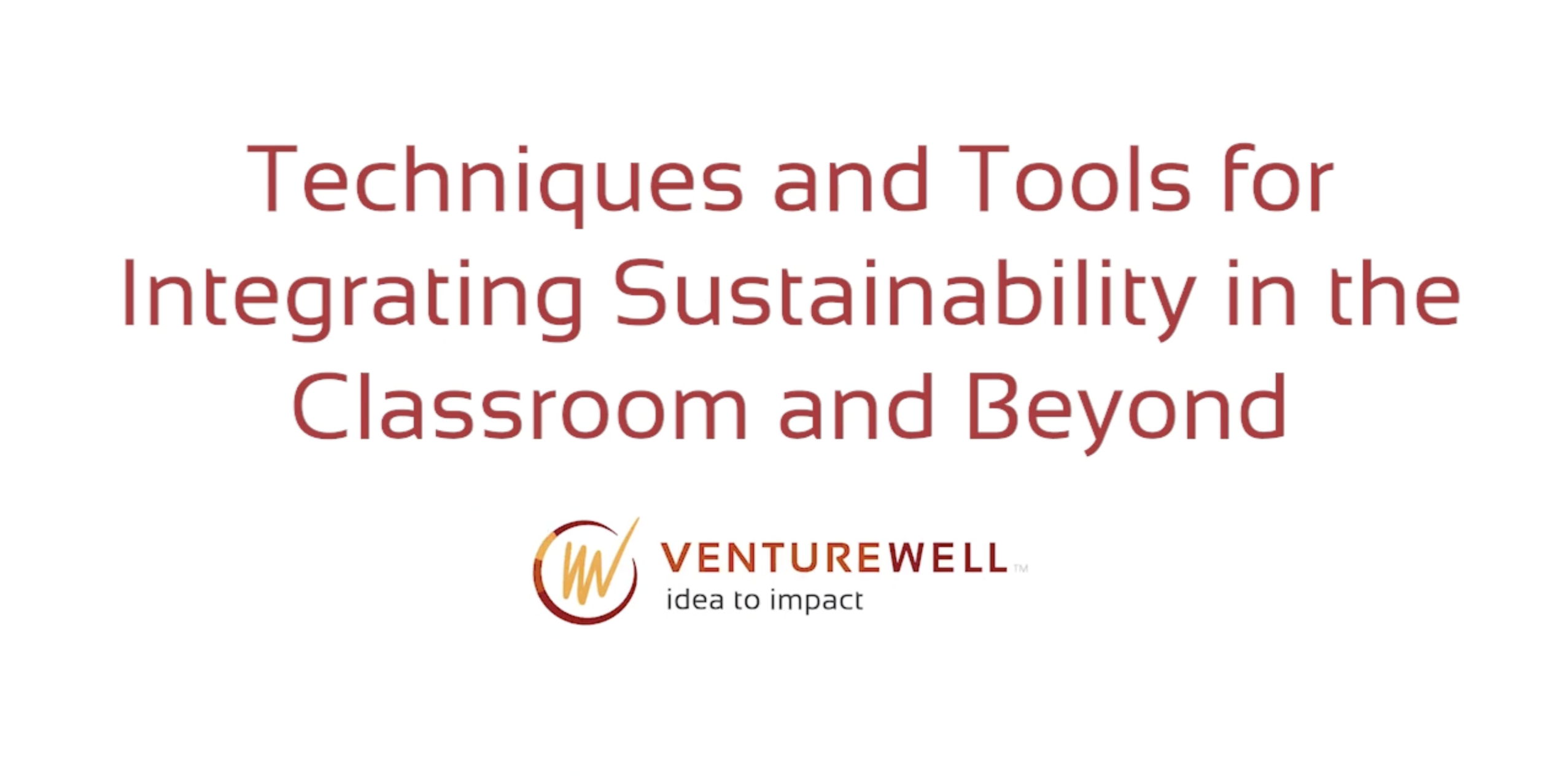
Learn from three different campuses how they have worked to center sustainability.
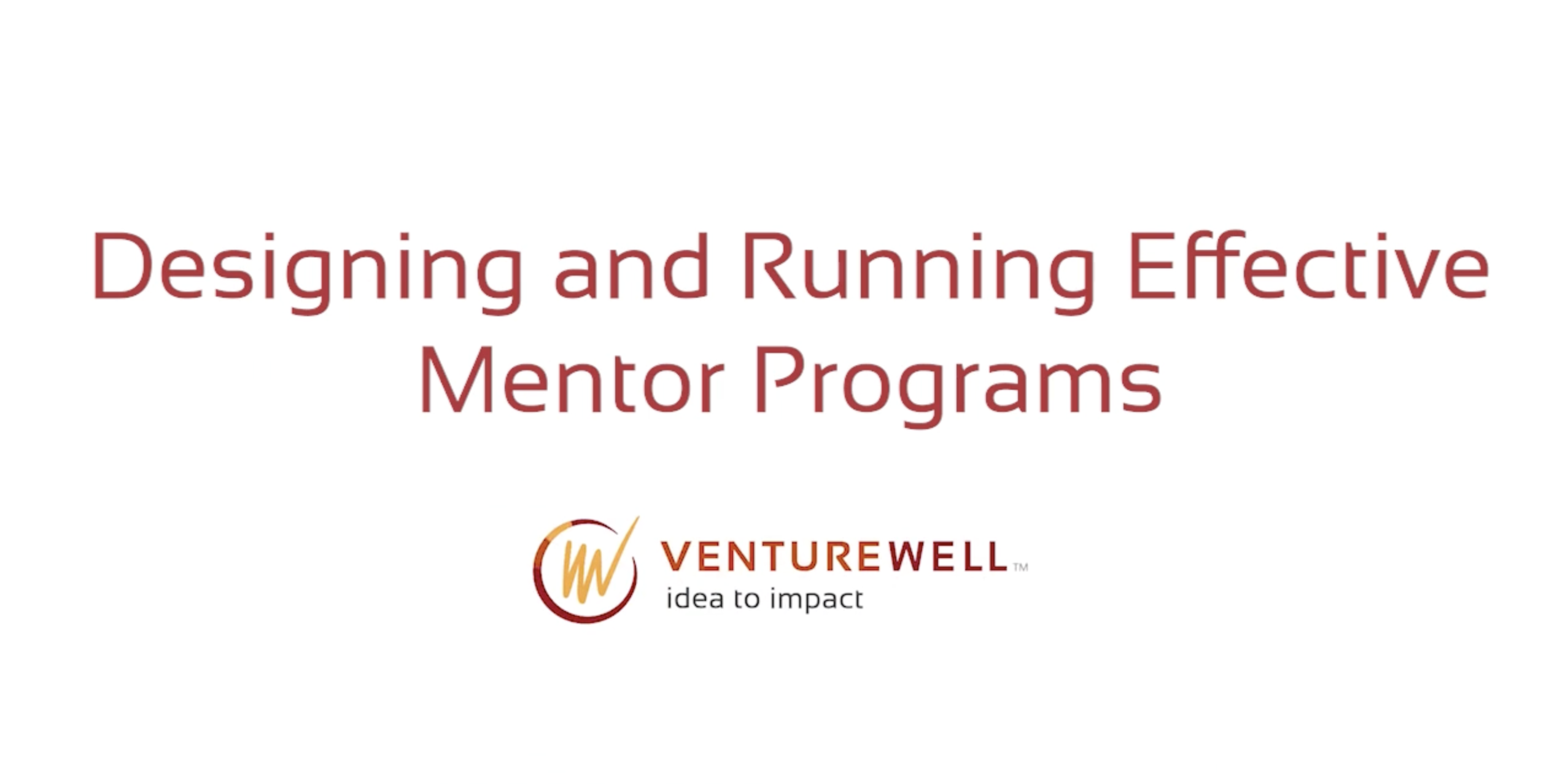
Panelists discuss how they have leveraged research and lessons to turn mentorship program deficiencies into opportunities.
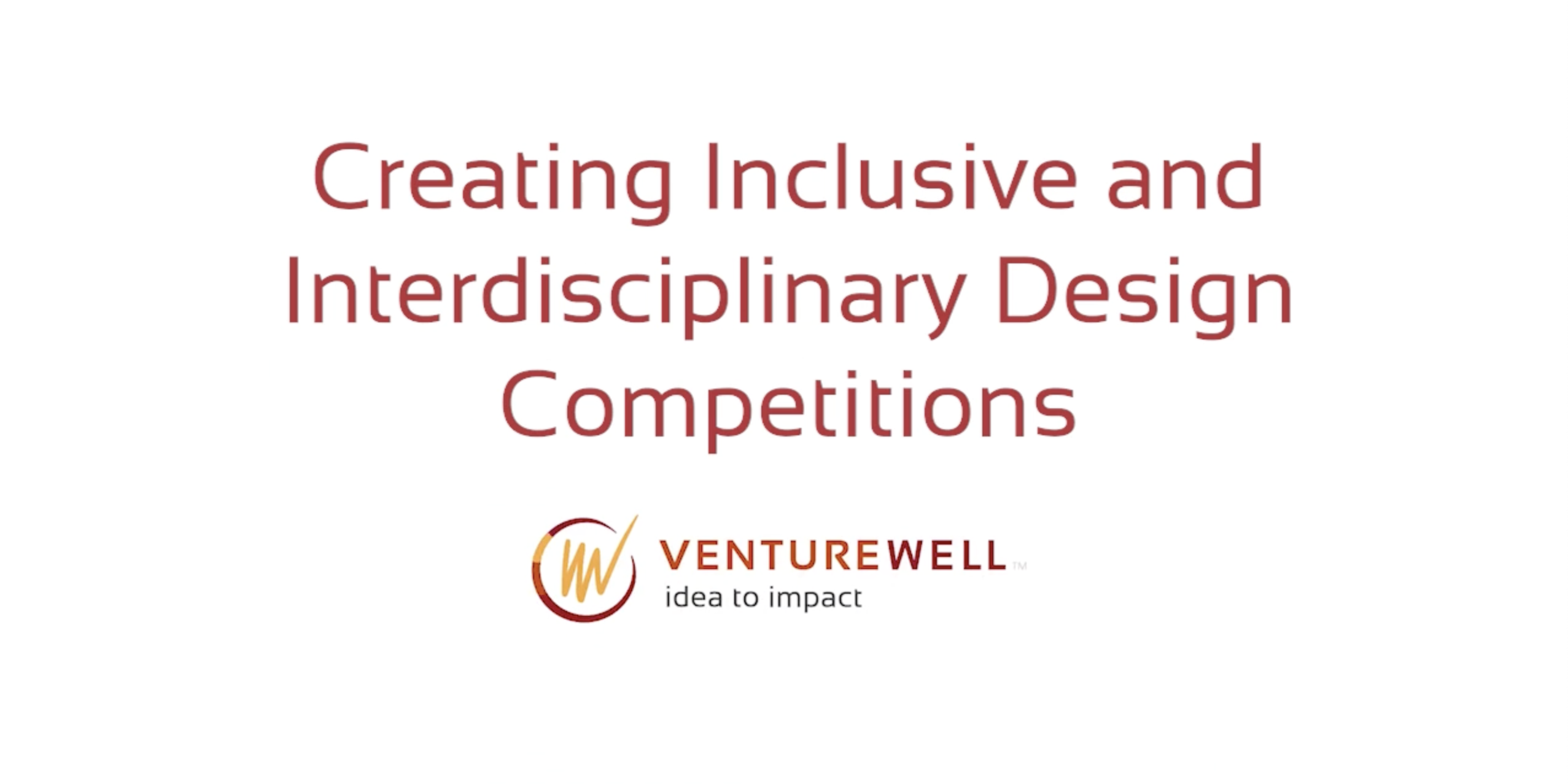
Hear how three different institutions have successfully designed and run their own design challenges.

E-Team Program alumni share their stories, including when they felt most supported.
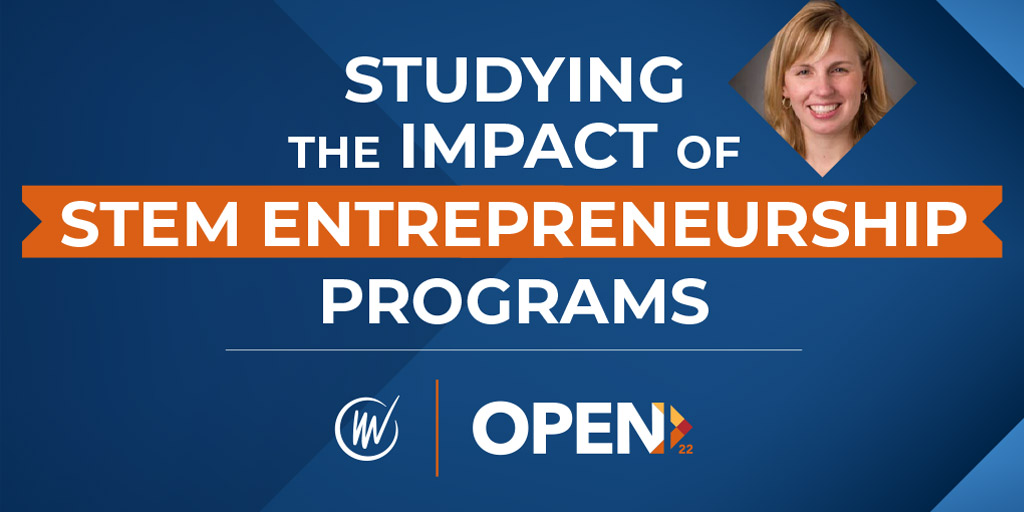
Learn the critical steps faculty of STEM entrepreneurship programs must take on their entrepreneurship education research journey.
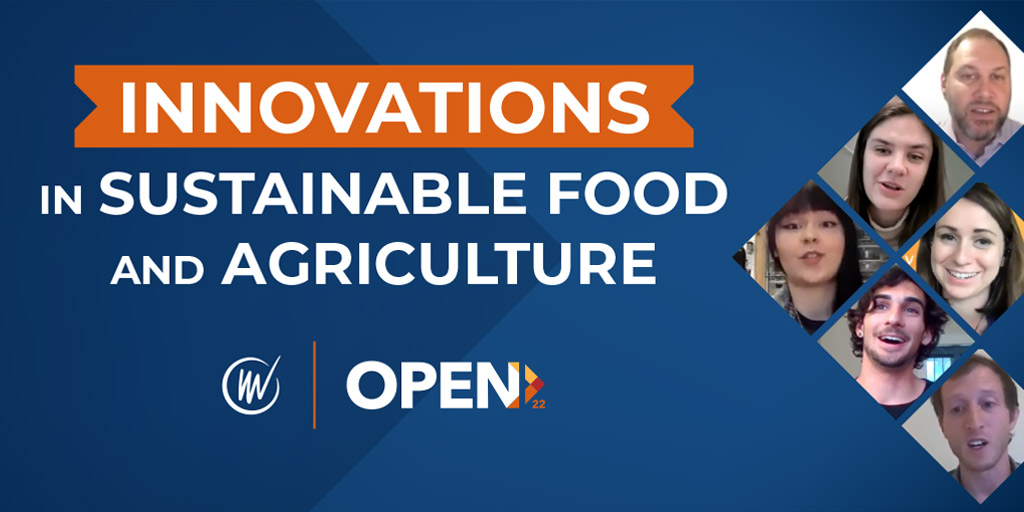
A panel discussion of early-stage companies focuses on innovations in sustainable food and agriculture all along the value chain.
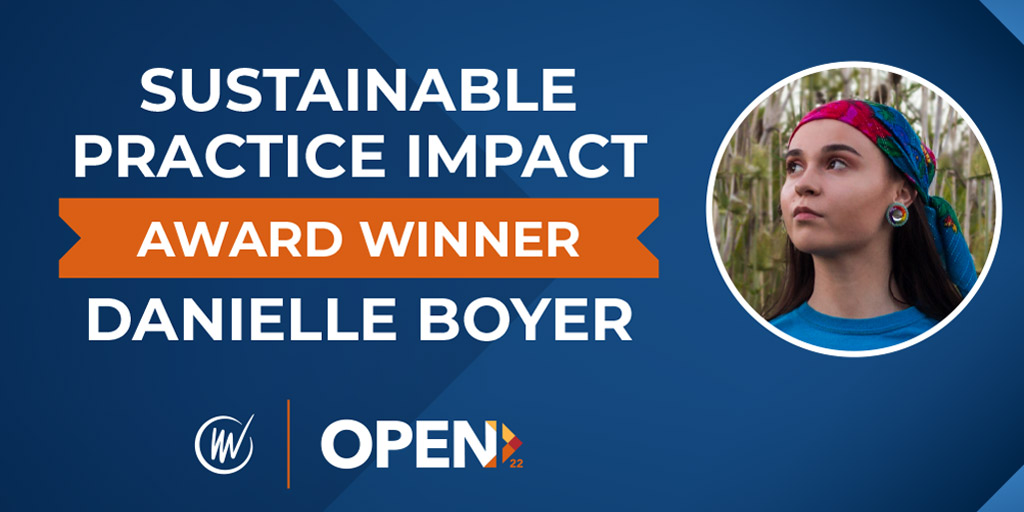
Boyer was honored for her work increasing access to STEM and robotics education for minority students, particularly Indigenous girls.
By continuing to use the site, you agree to the use of cookies. Read More